


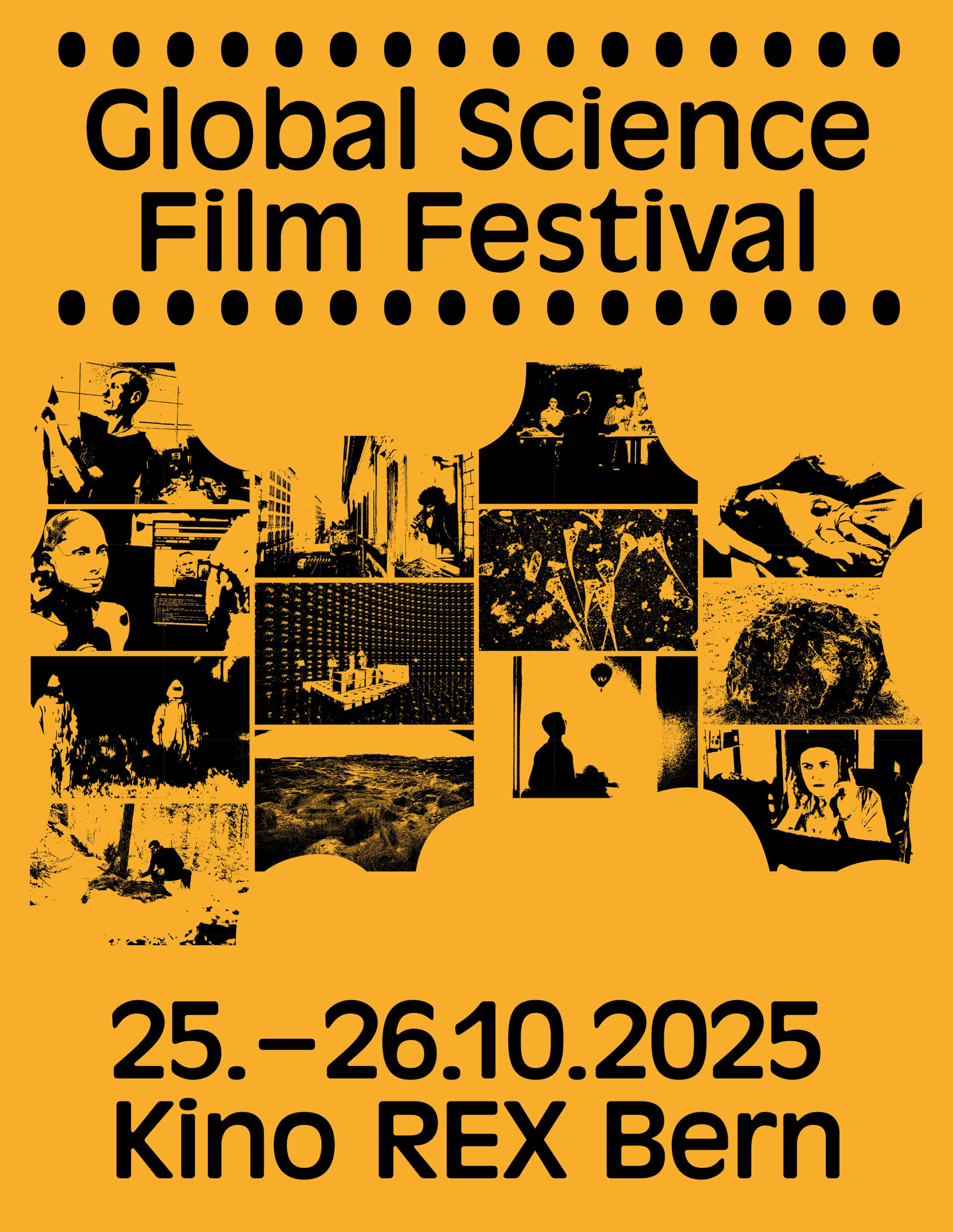
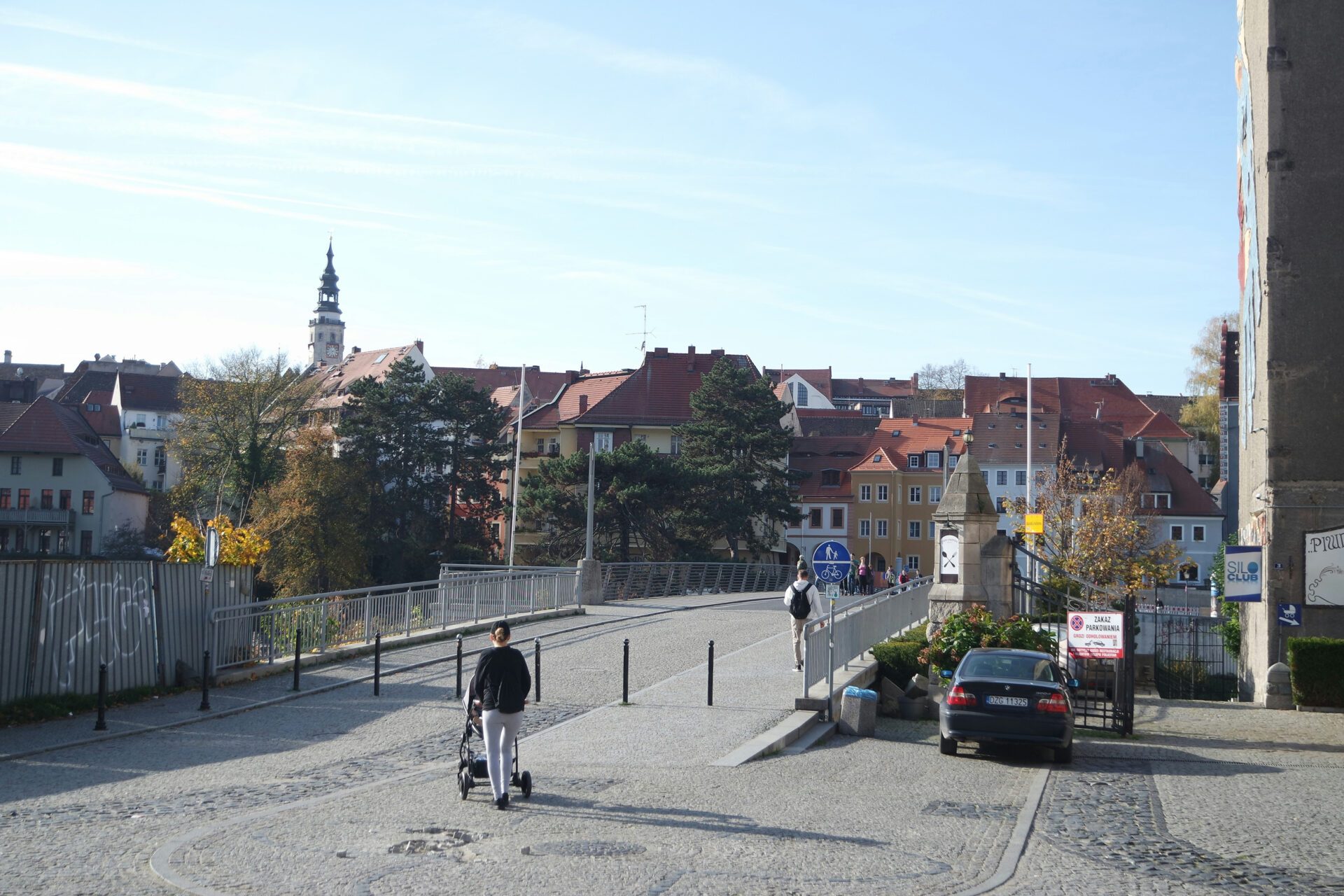



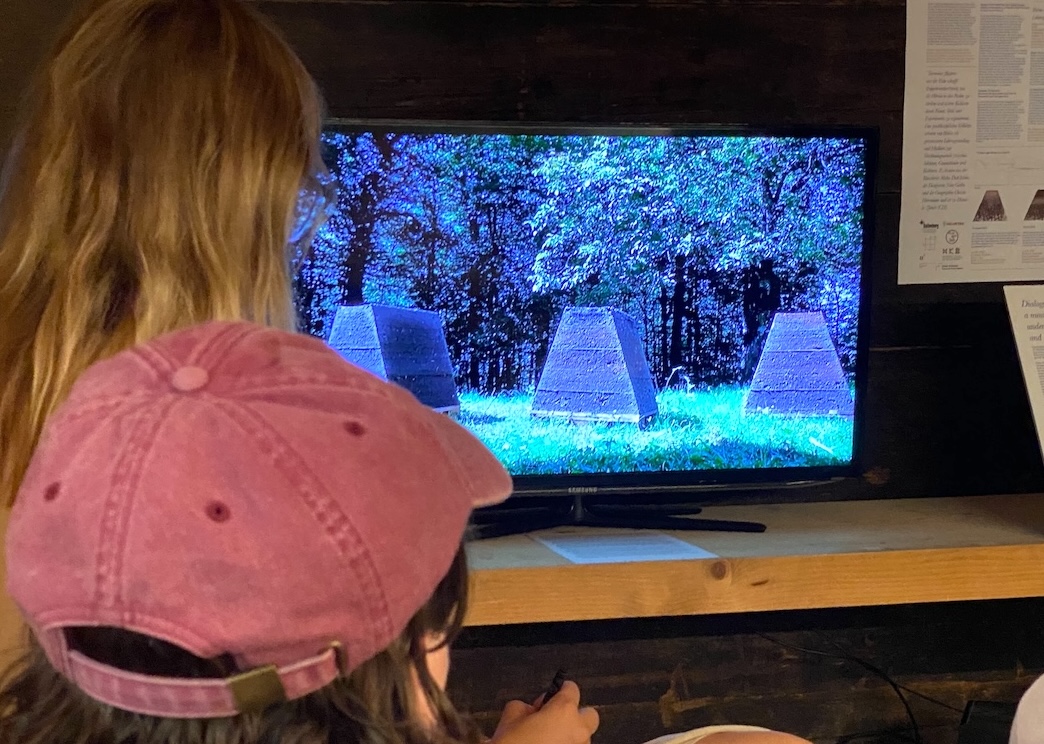

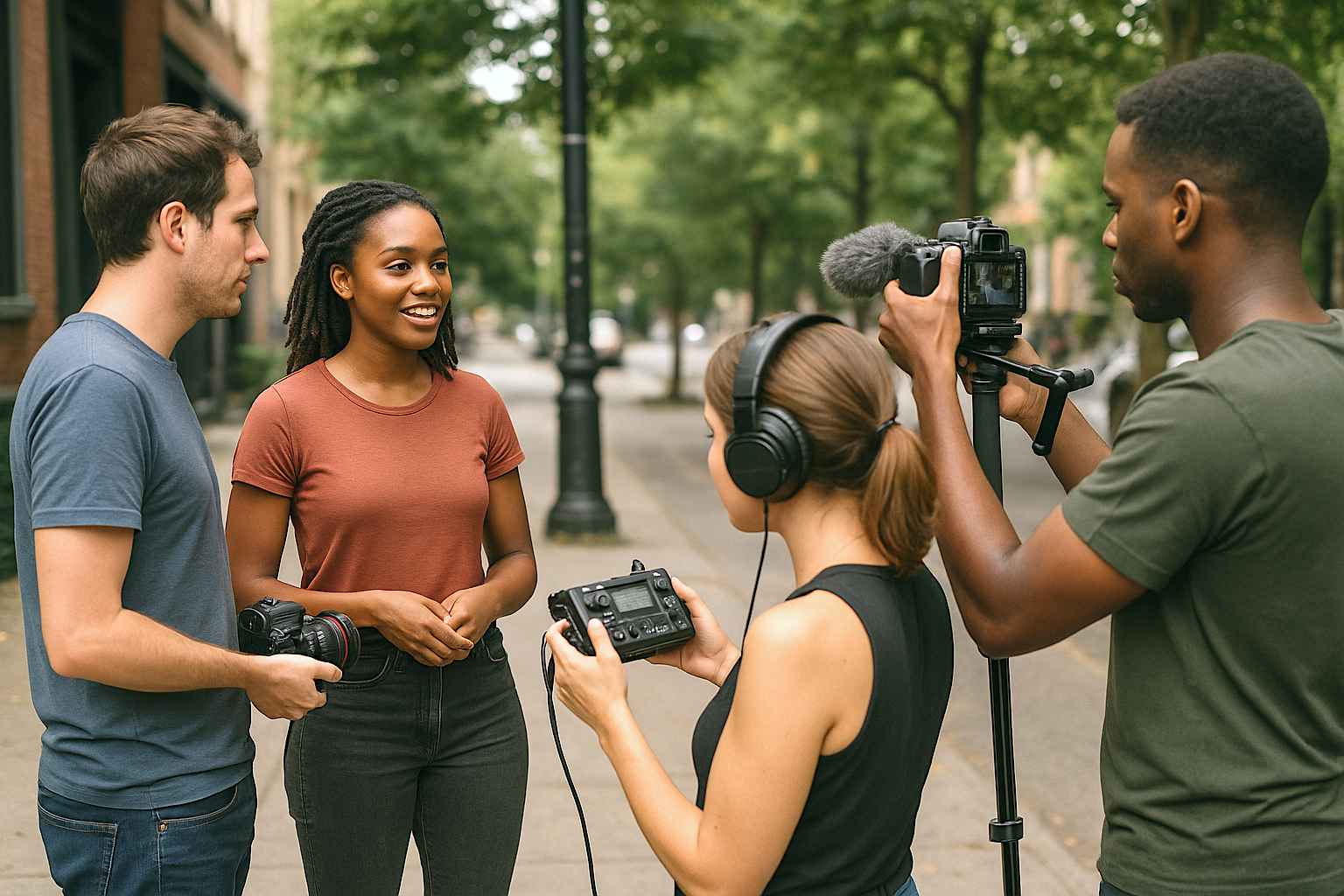
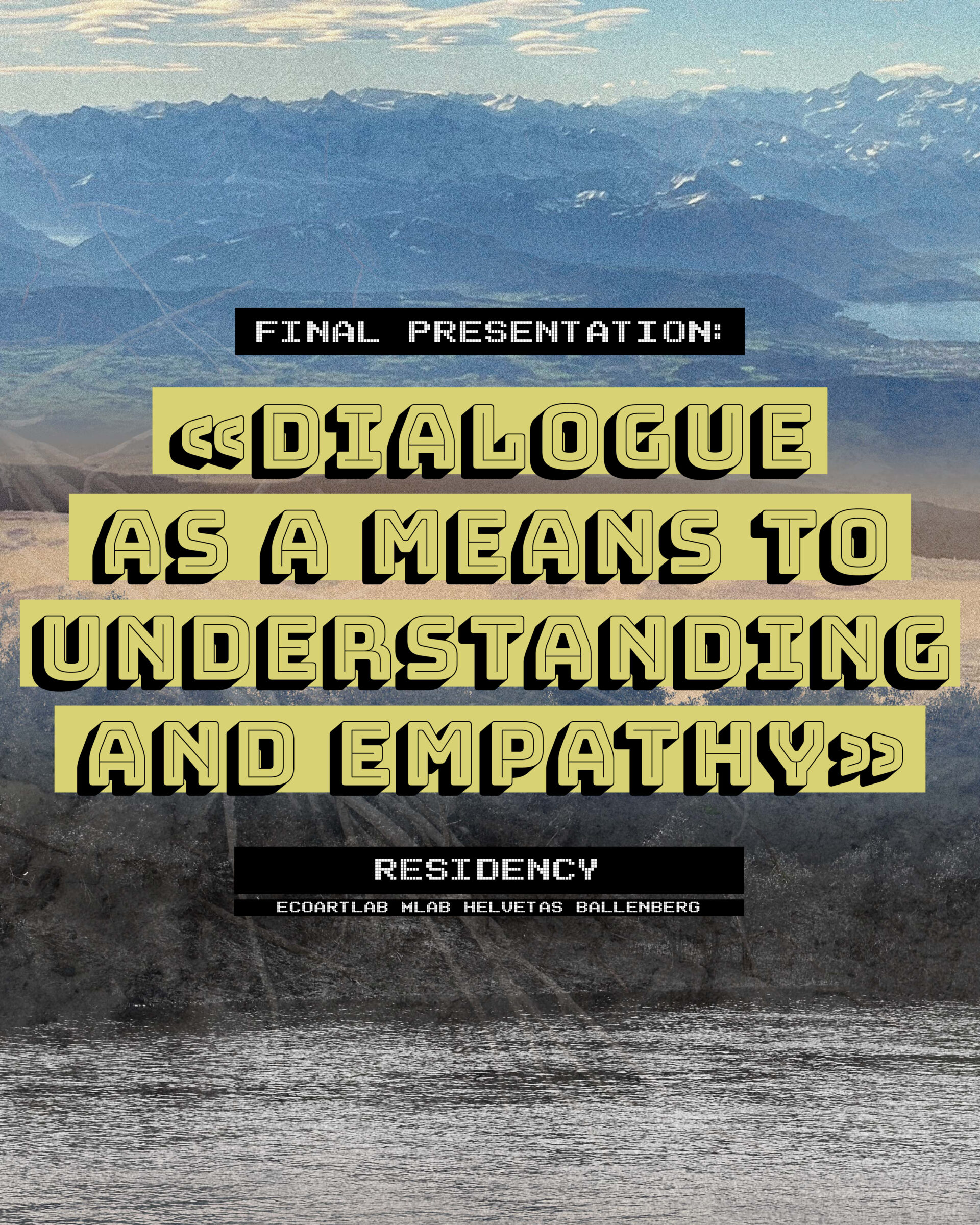
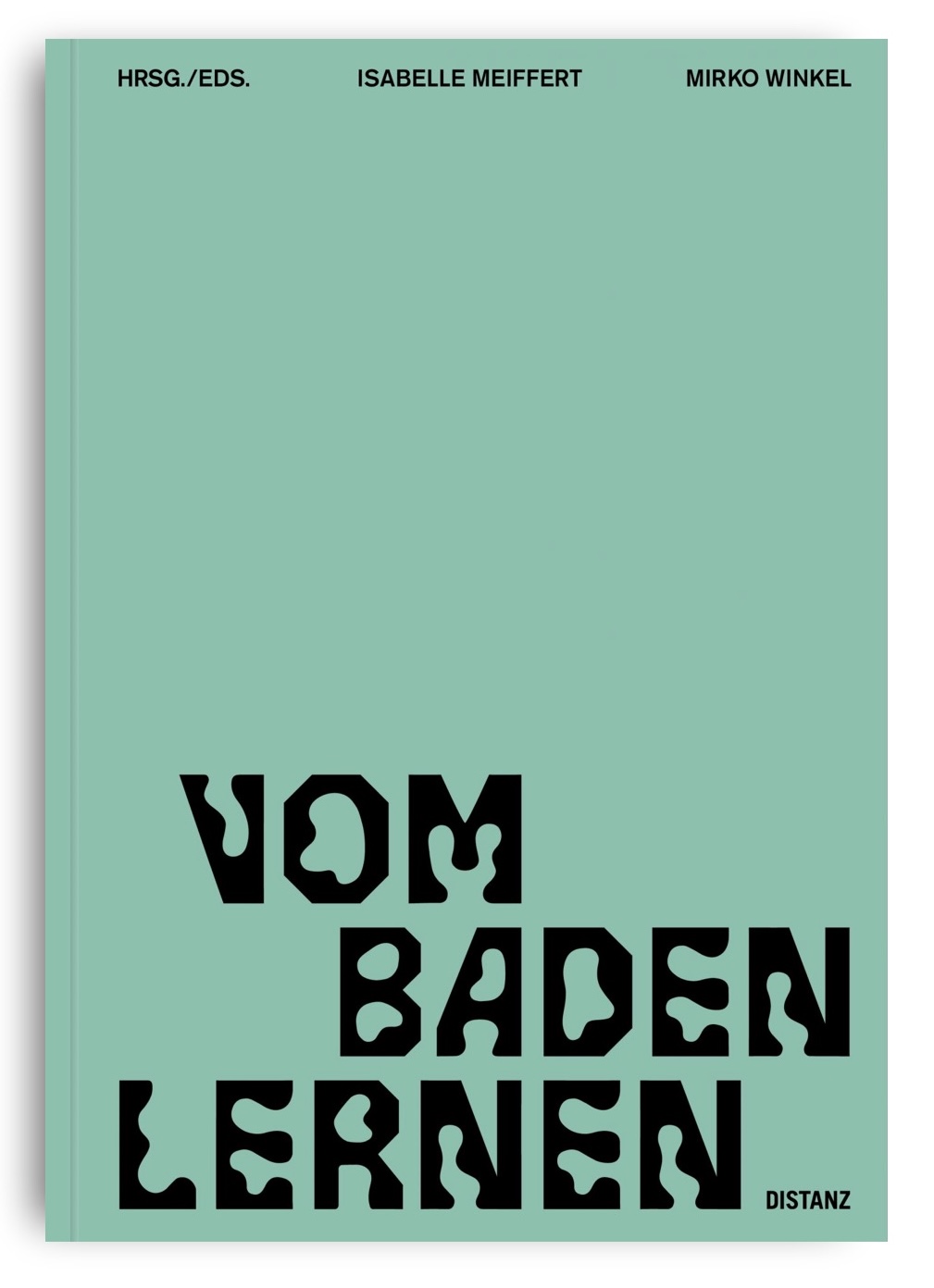
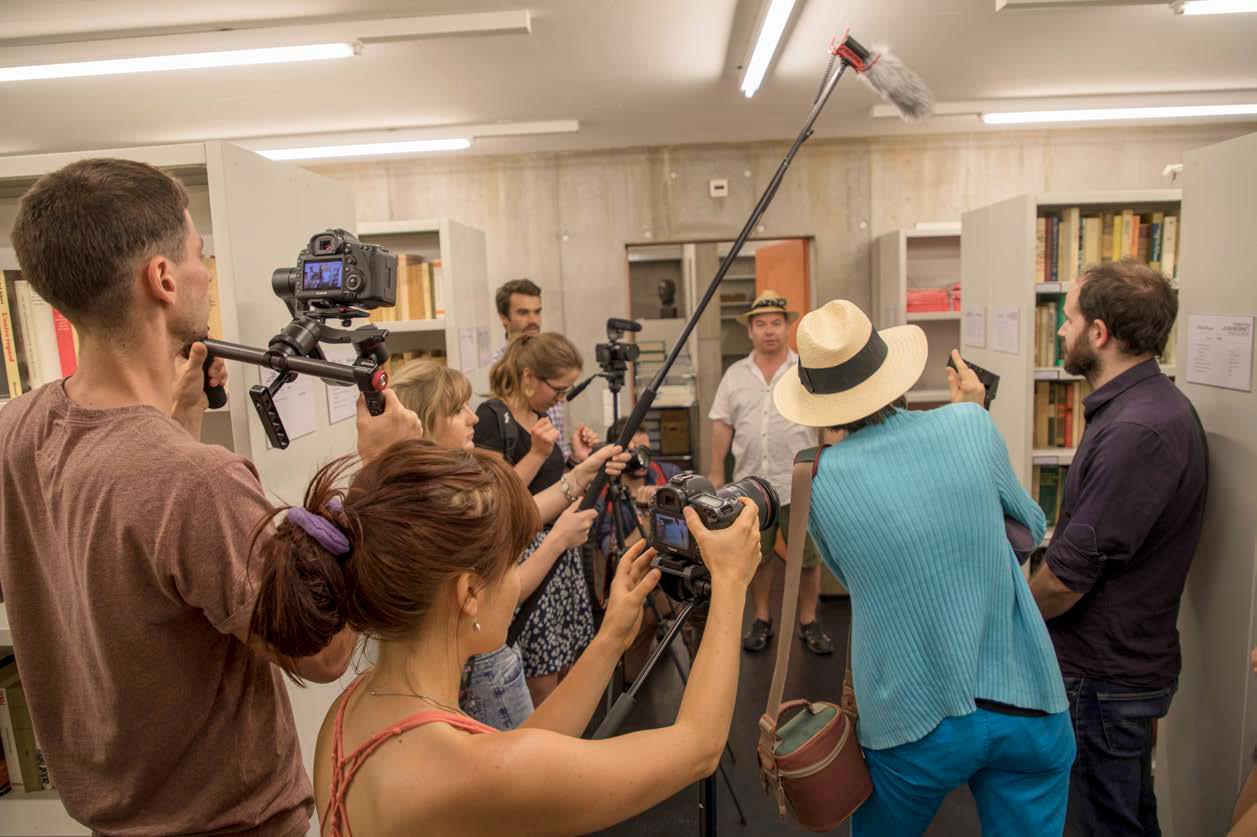
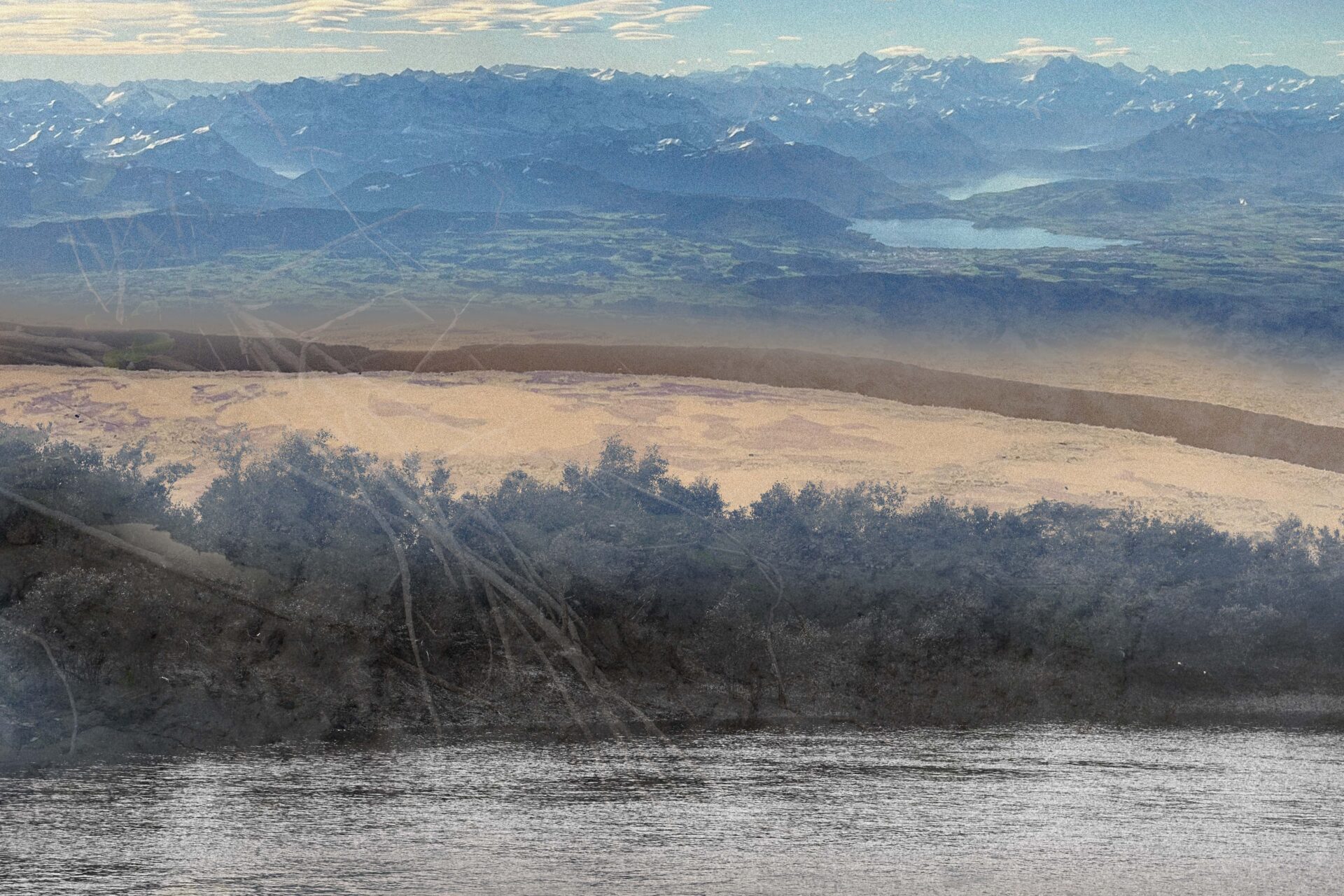
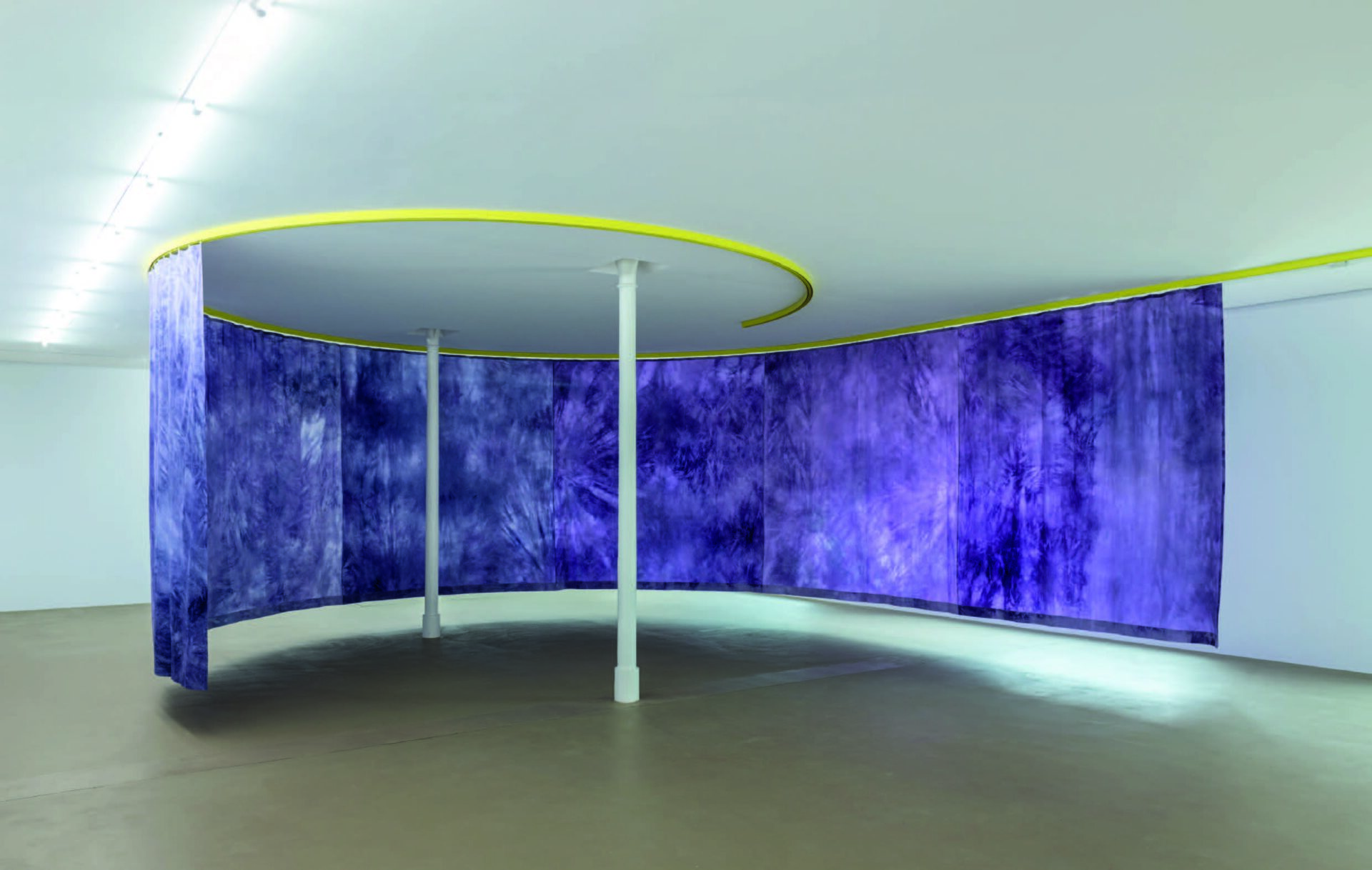

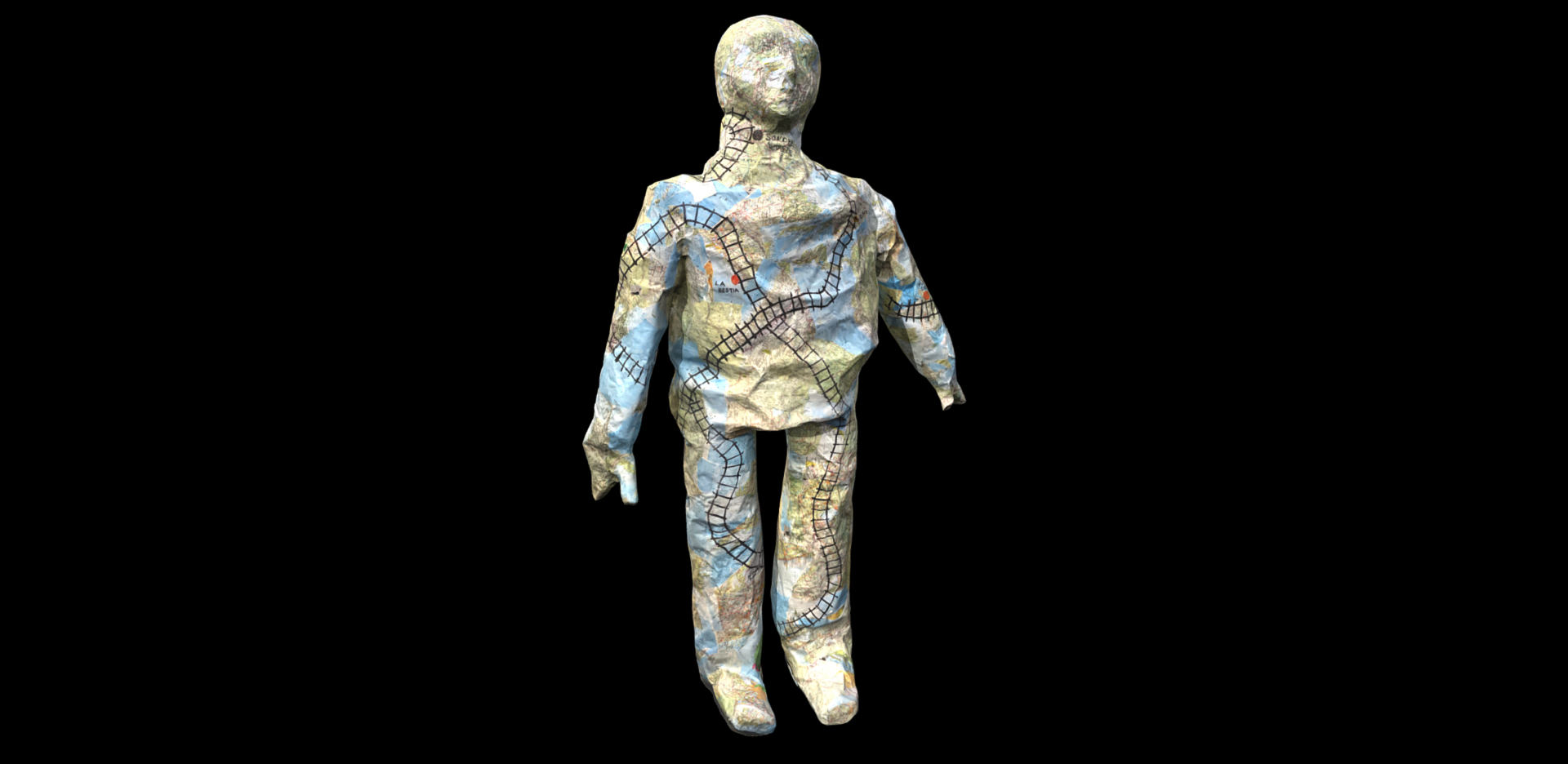
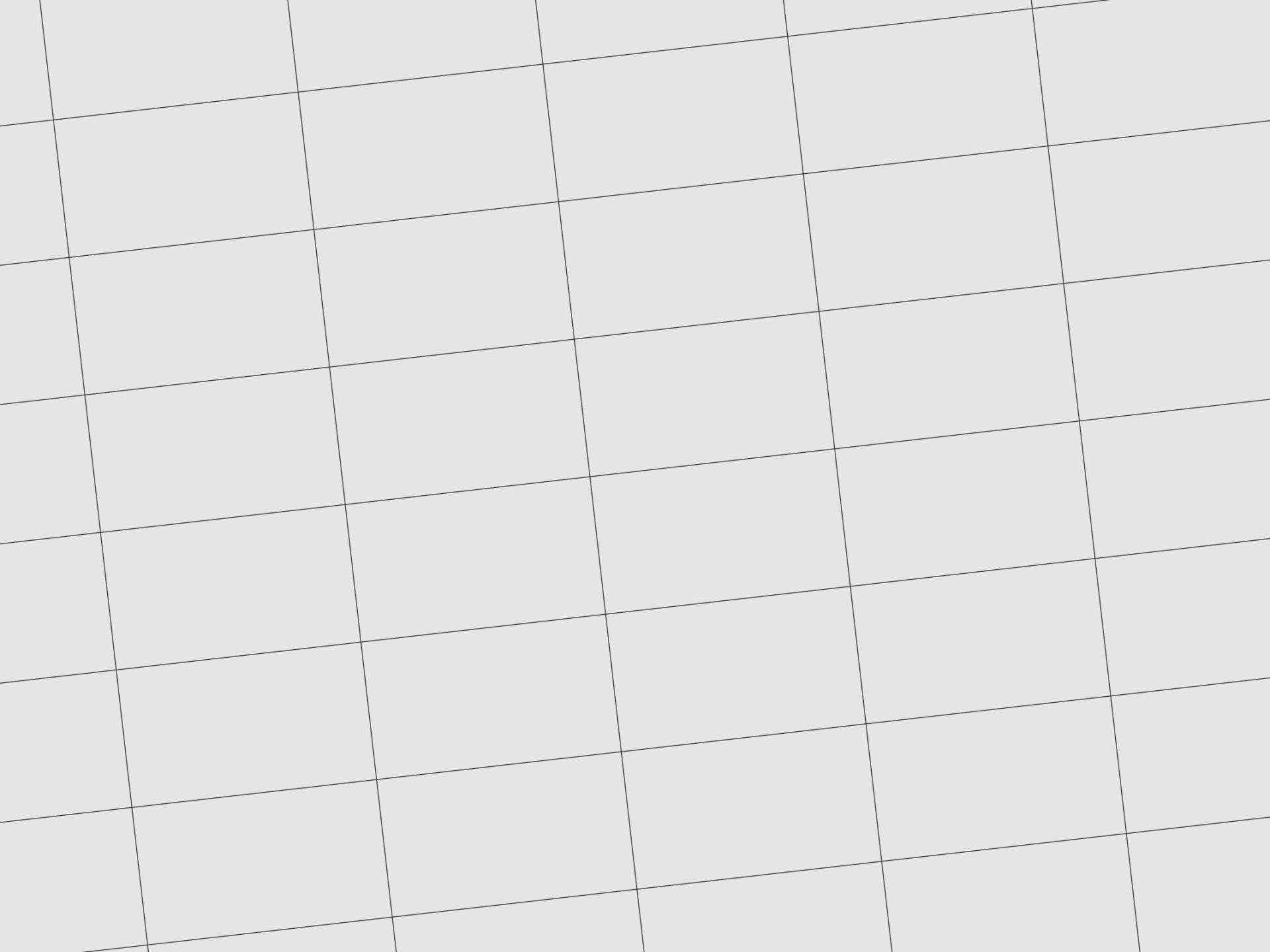
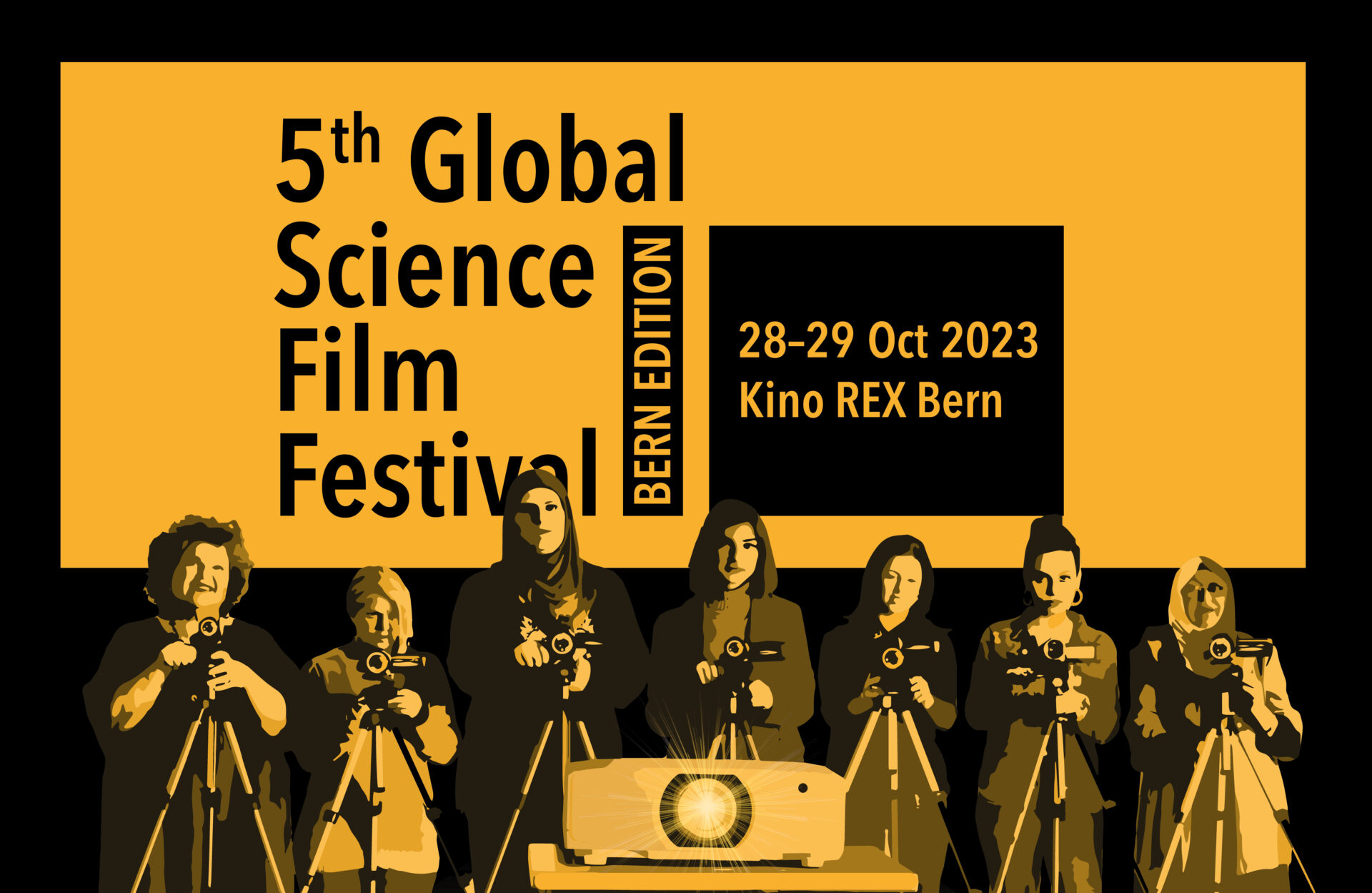
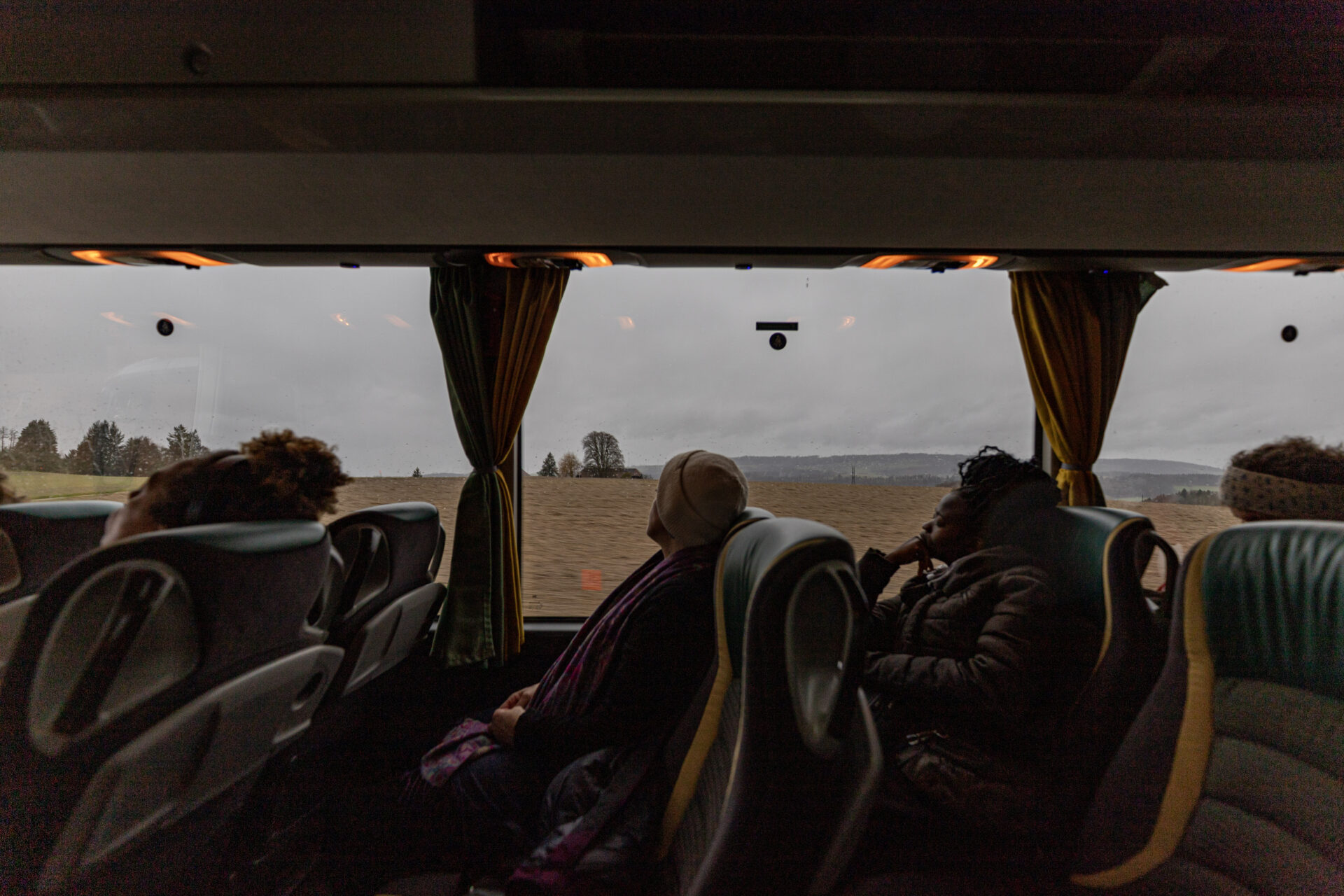
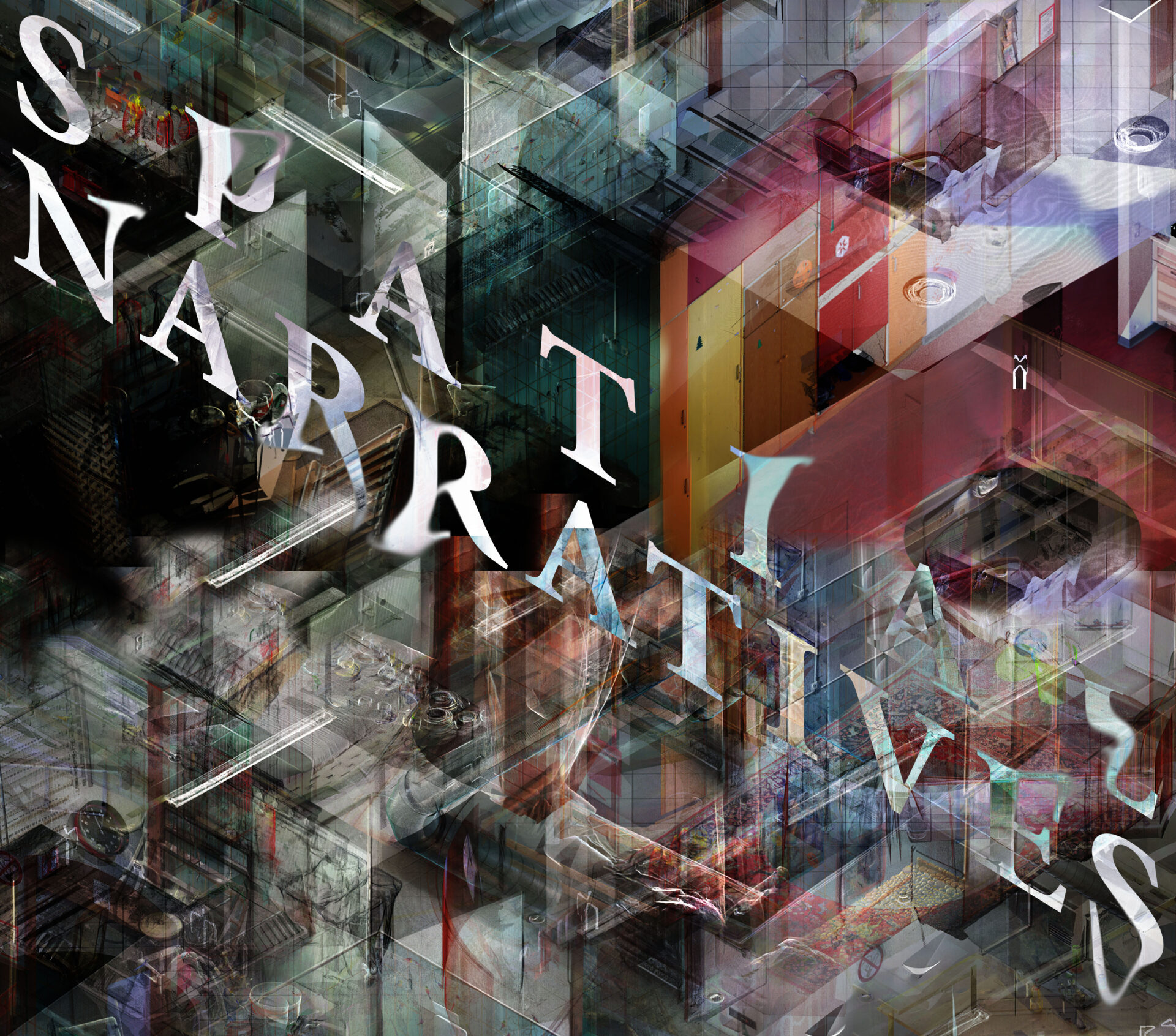
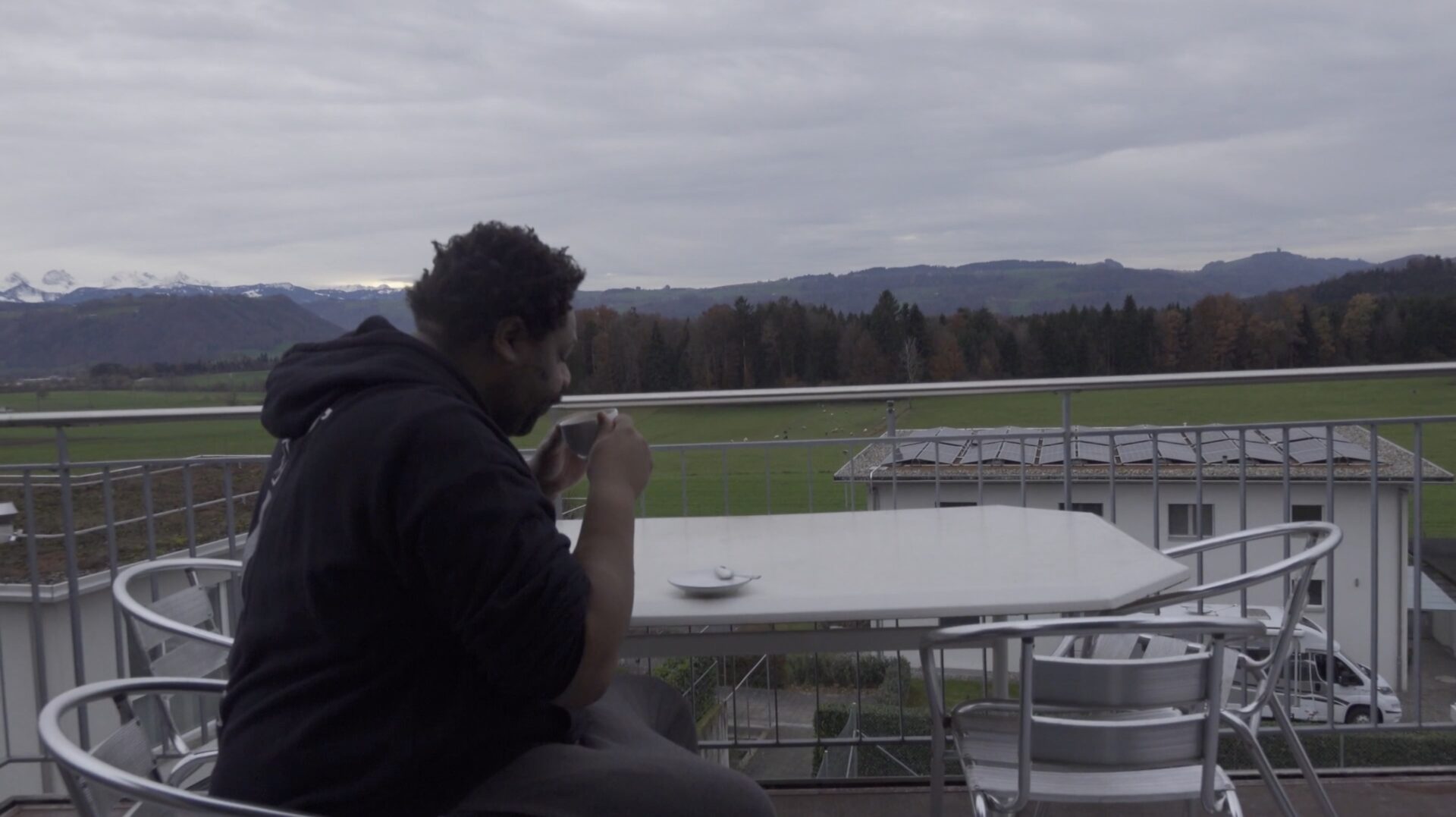
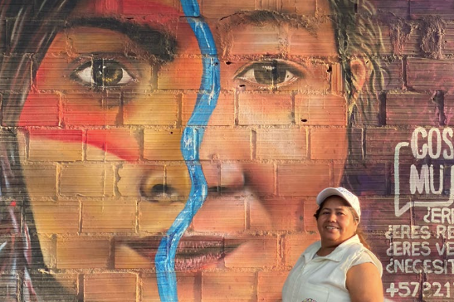
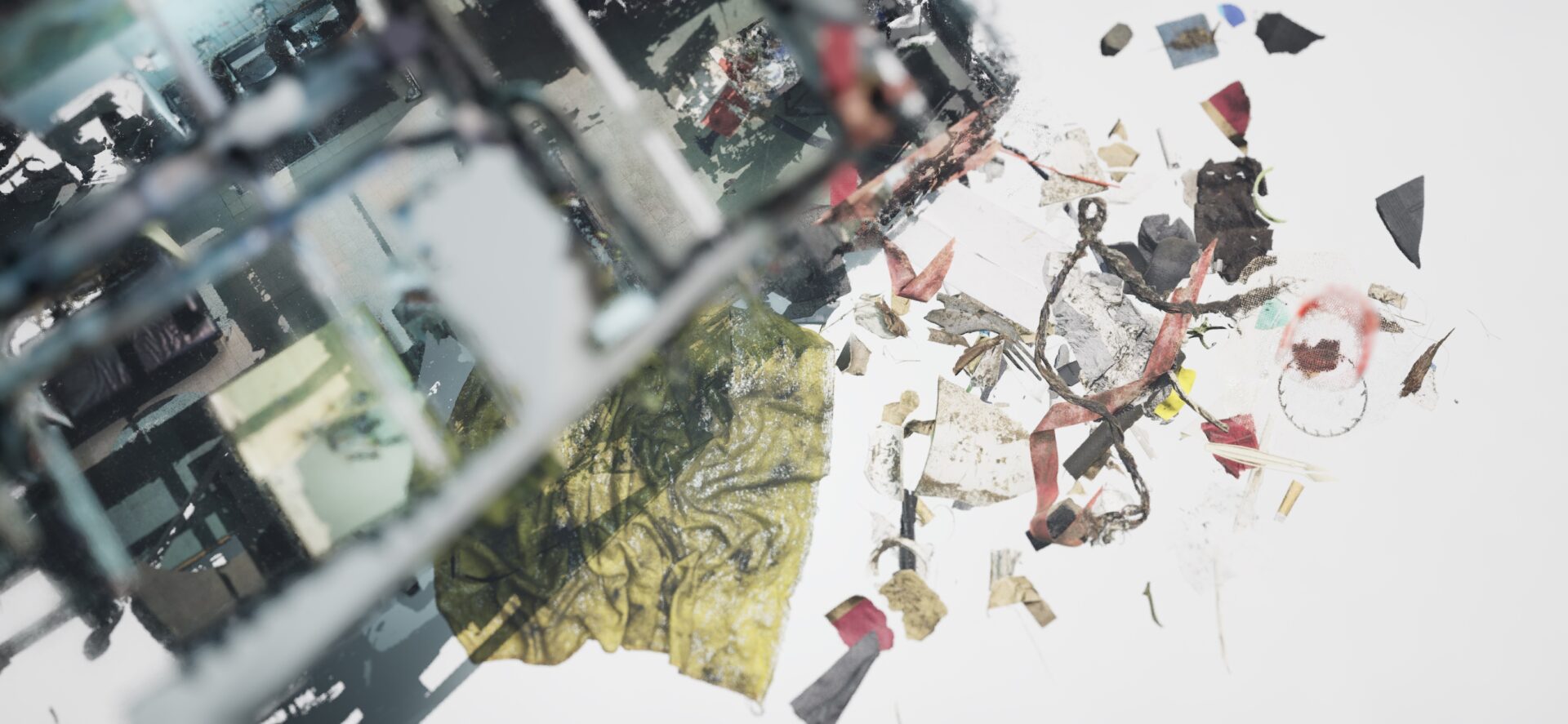

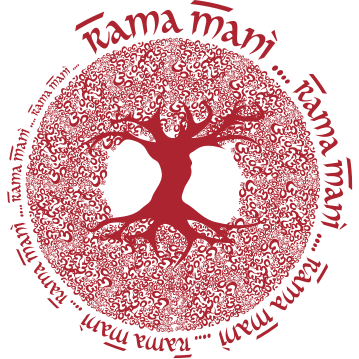
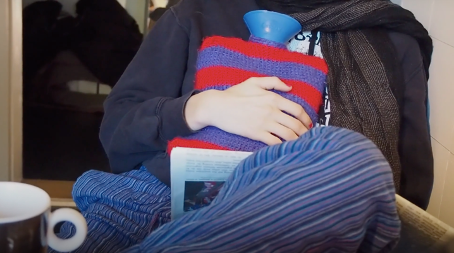


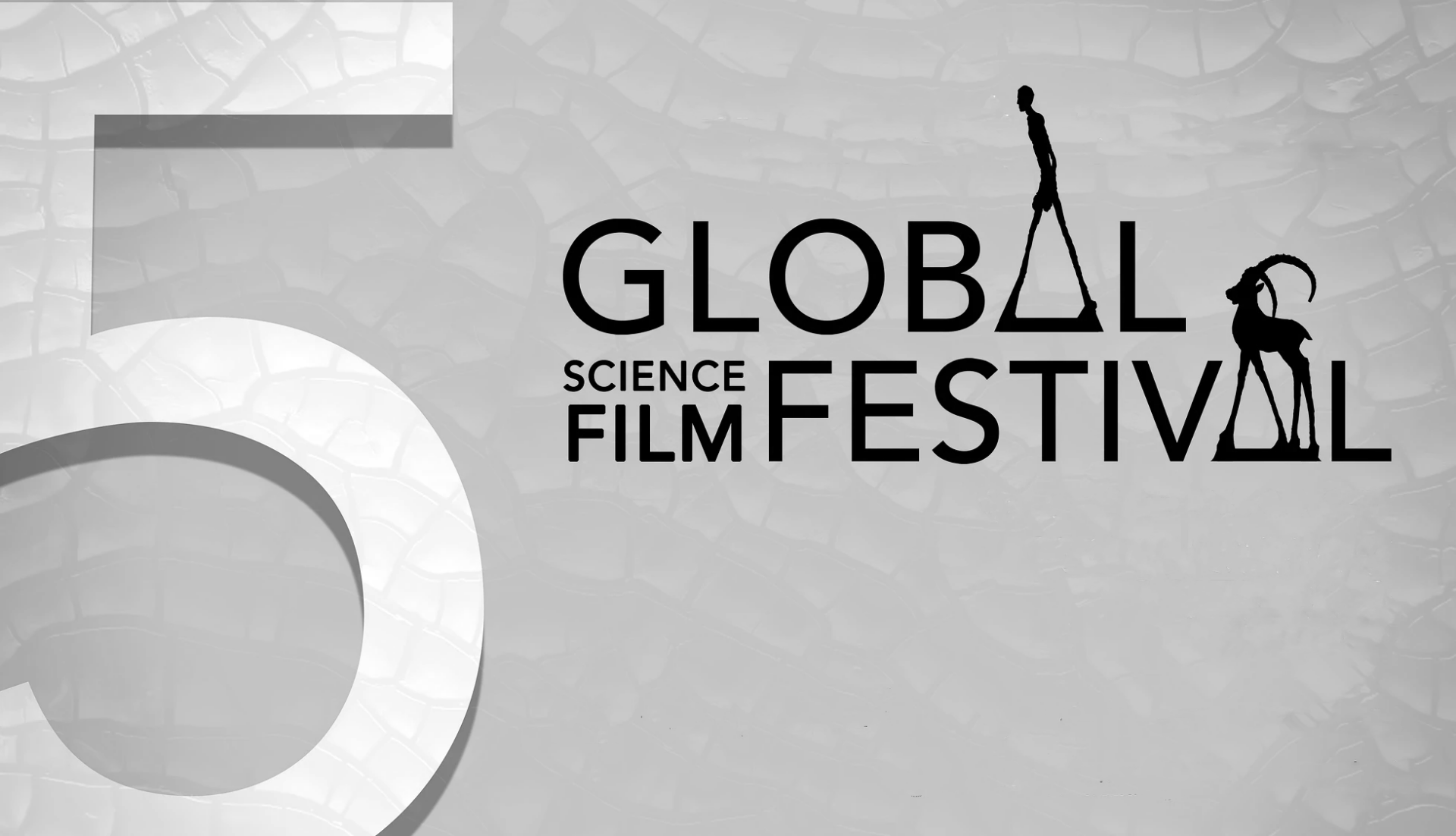


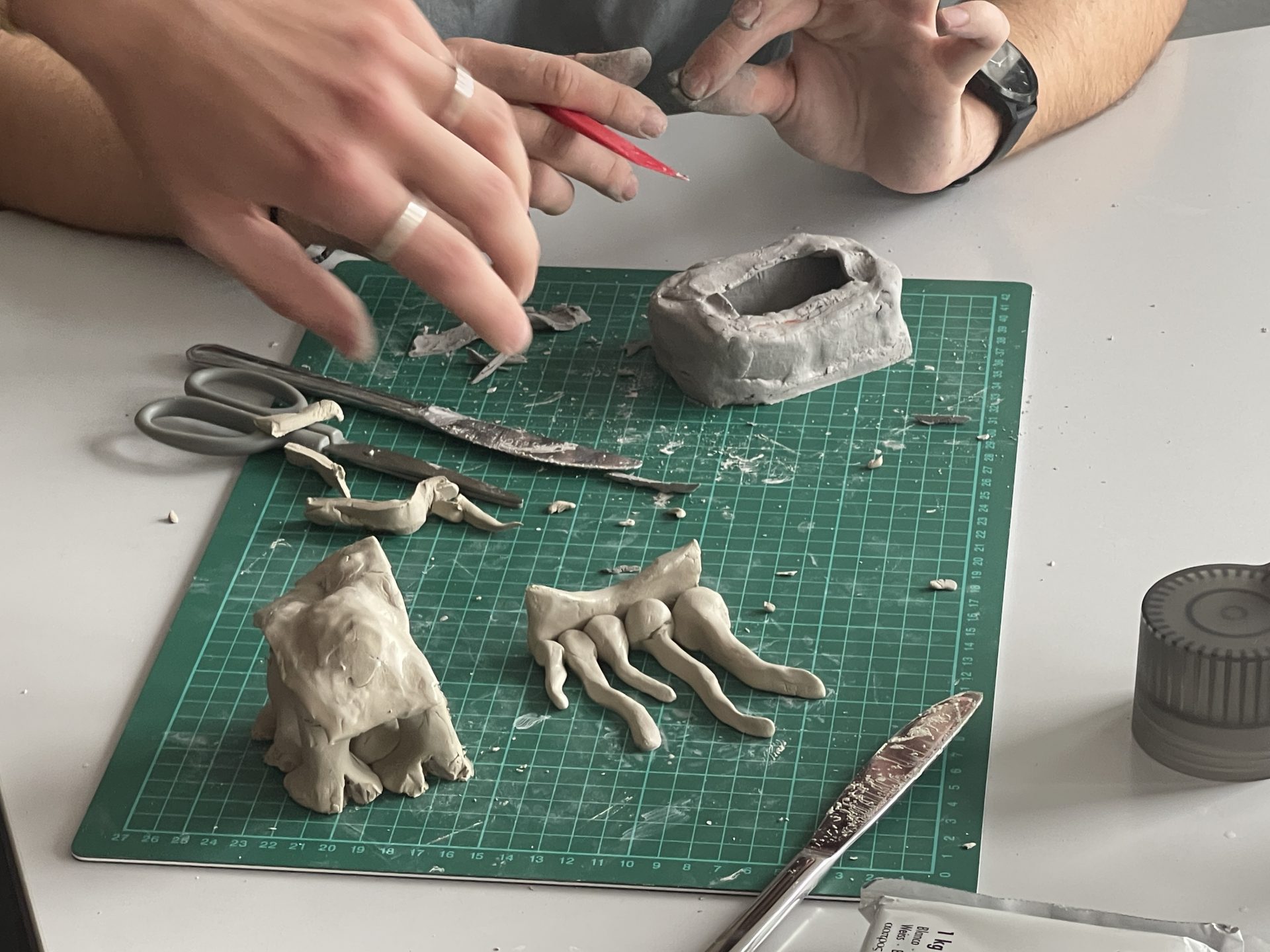
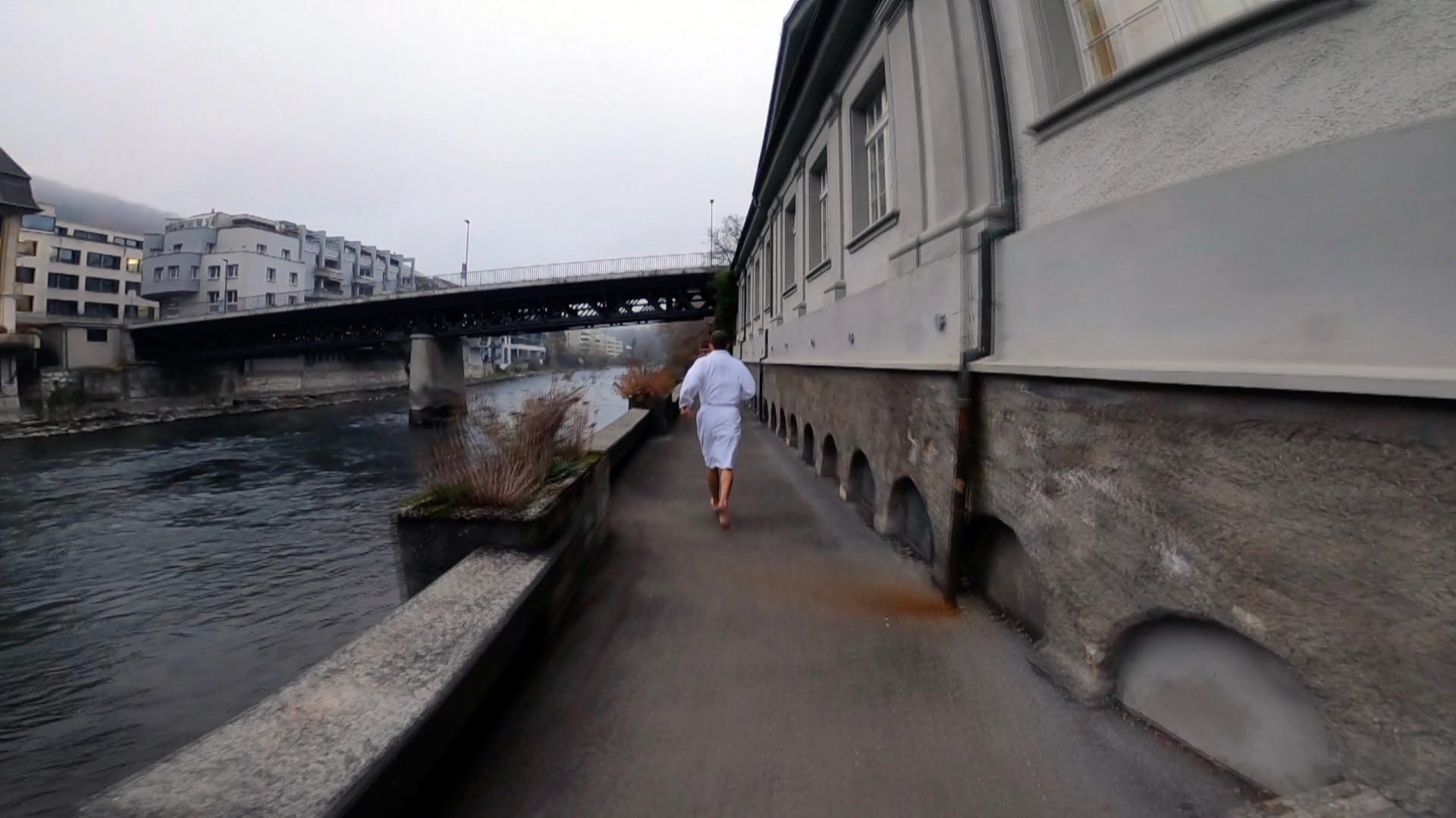
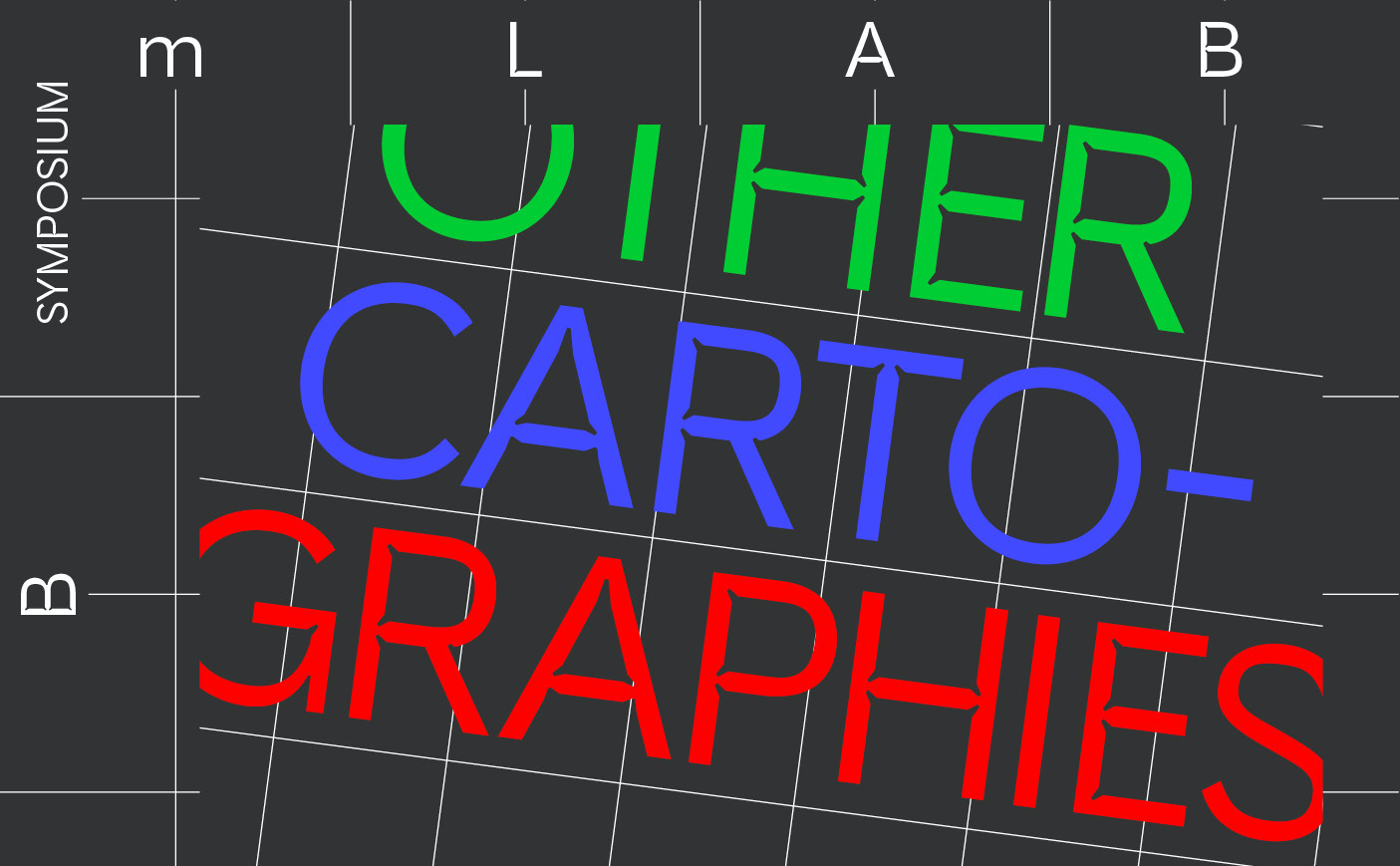
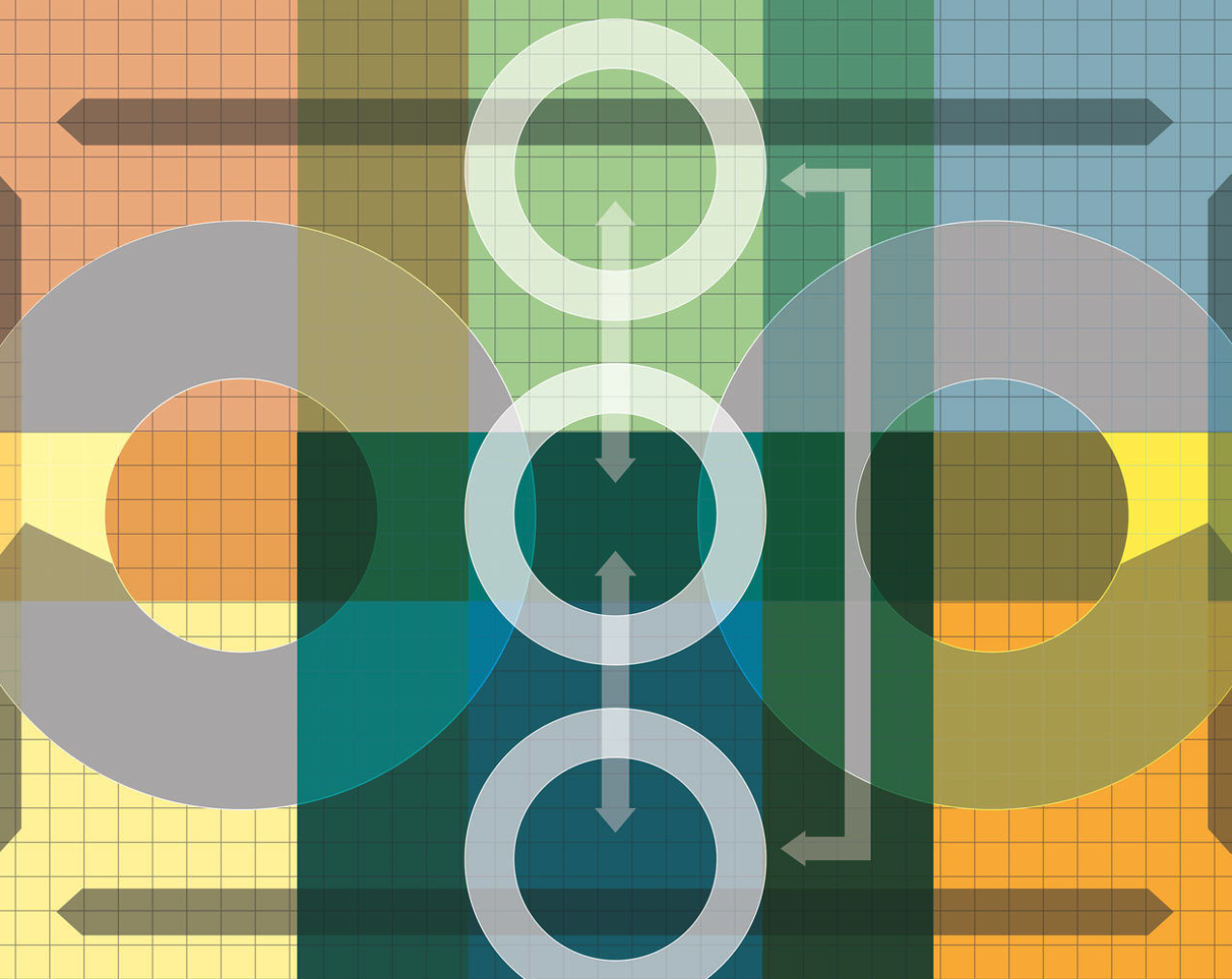
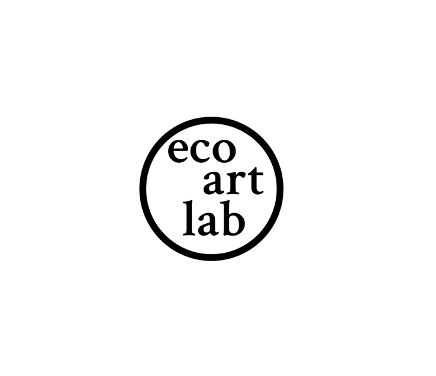



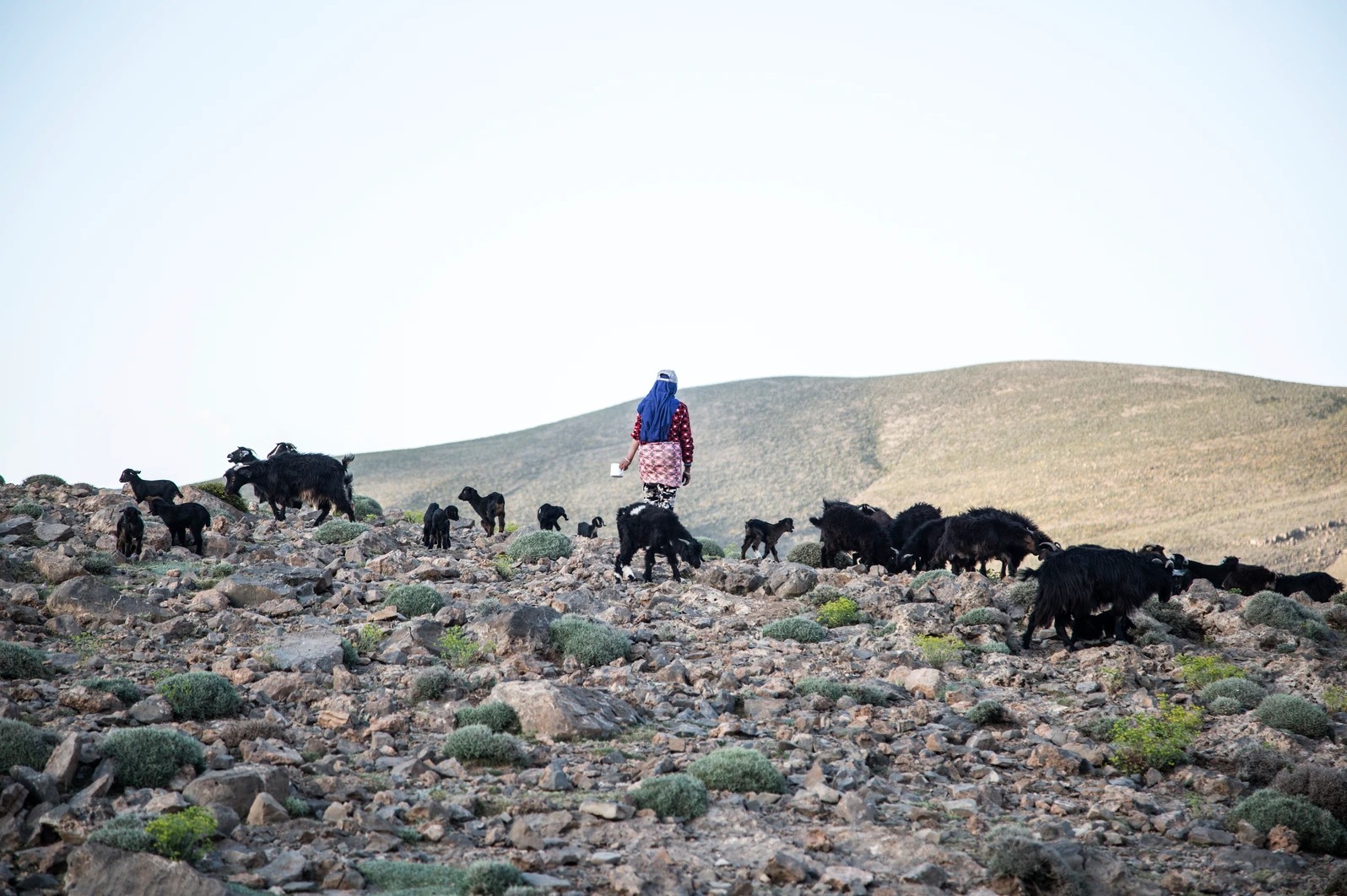

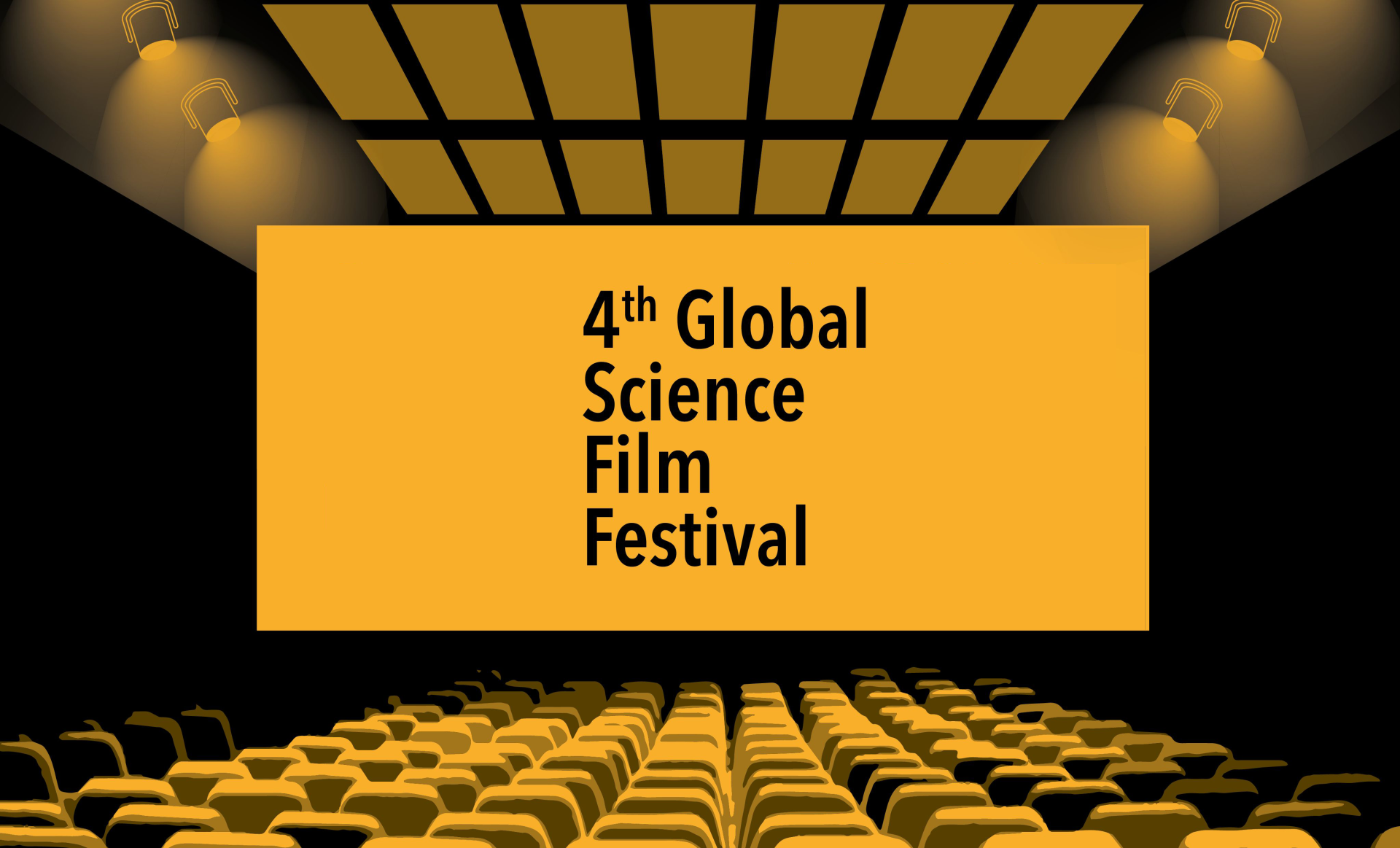
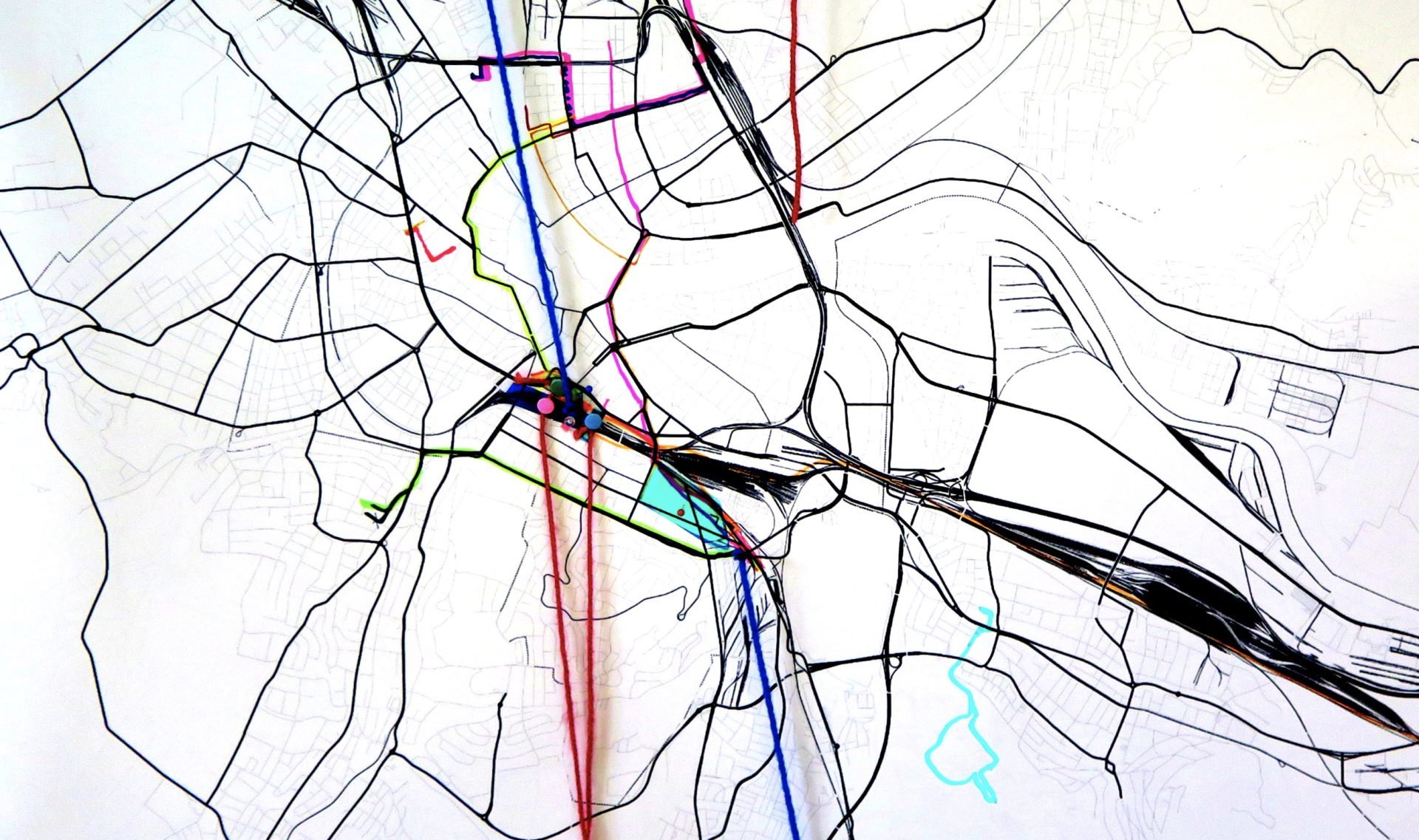



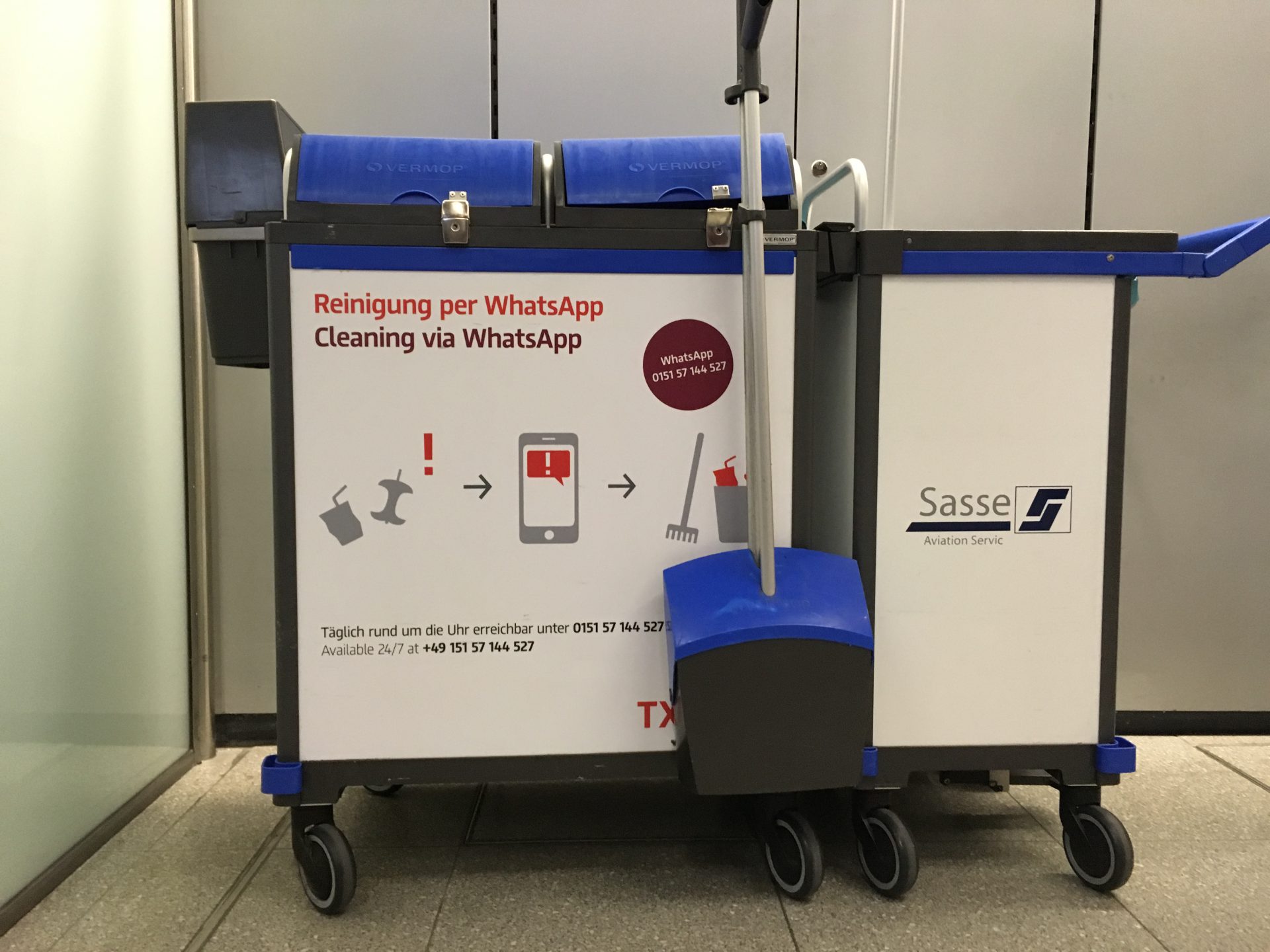
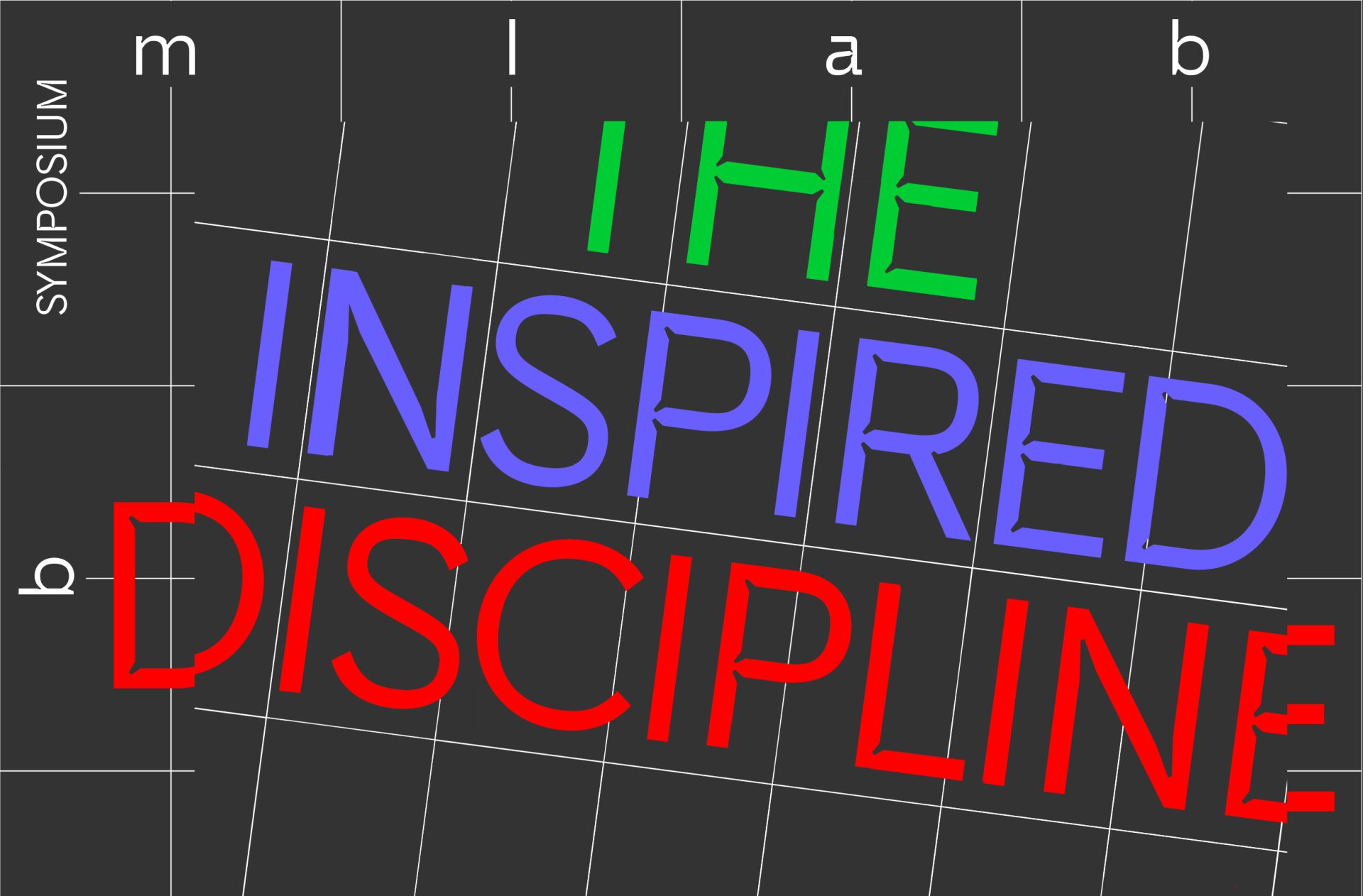
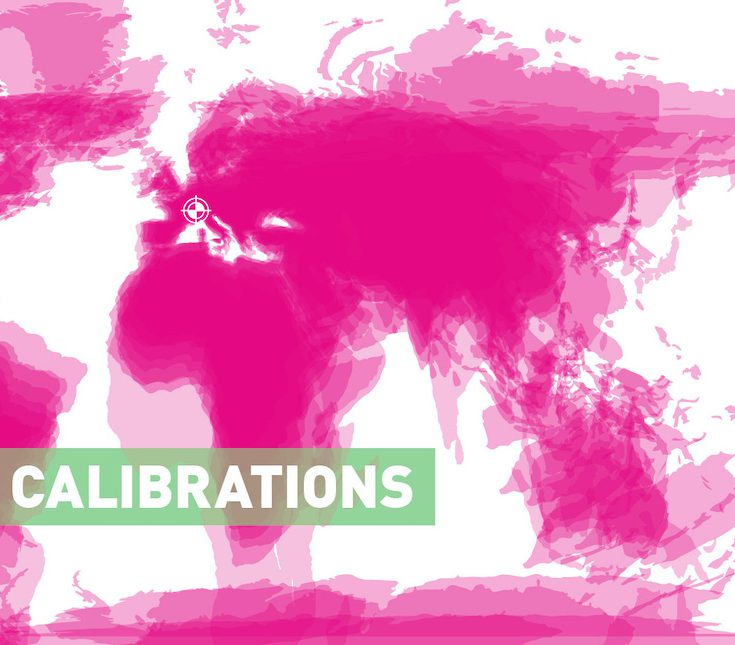

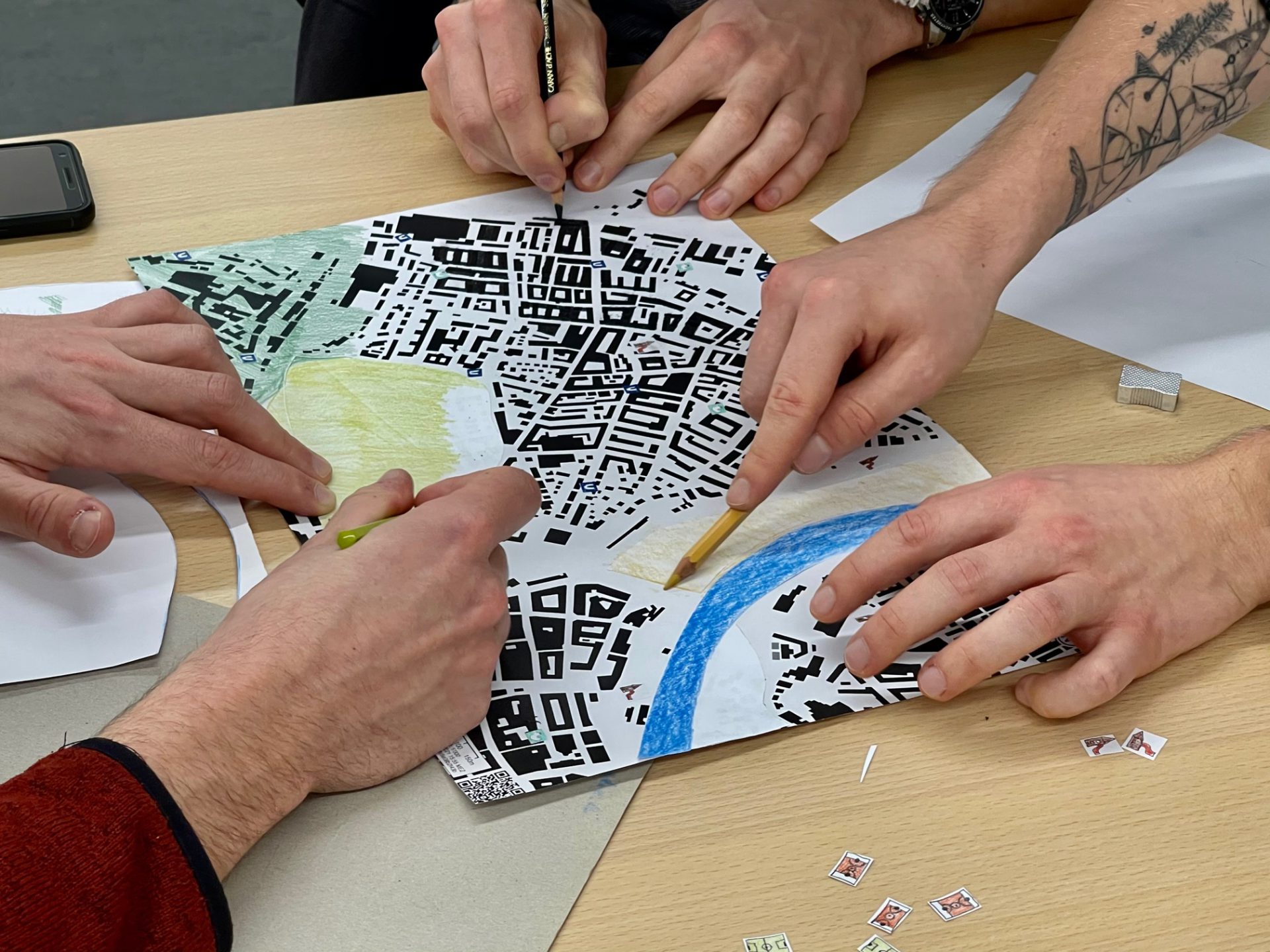

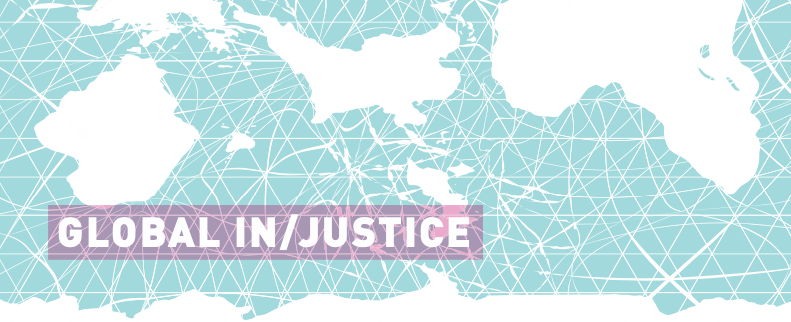
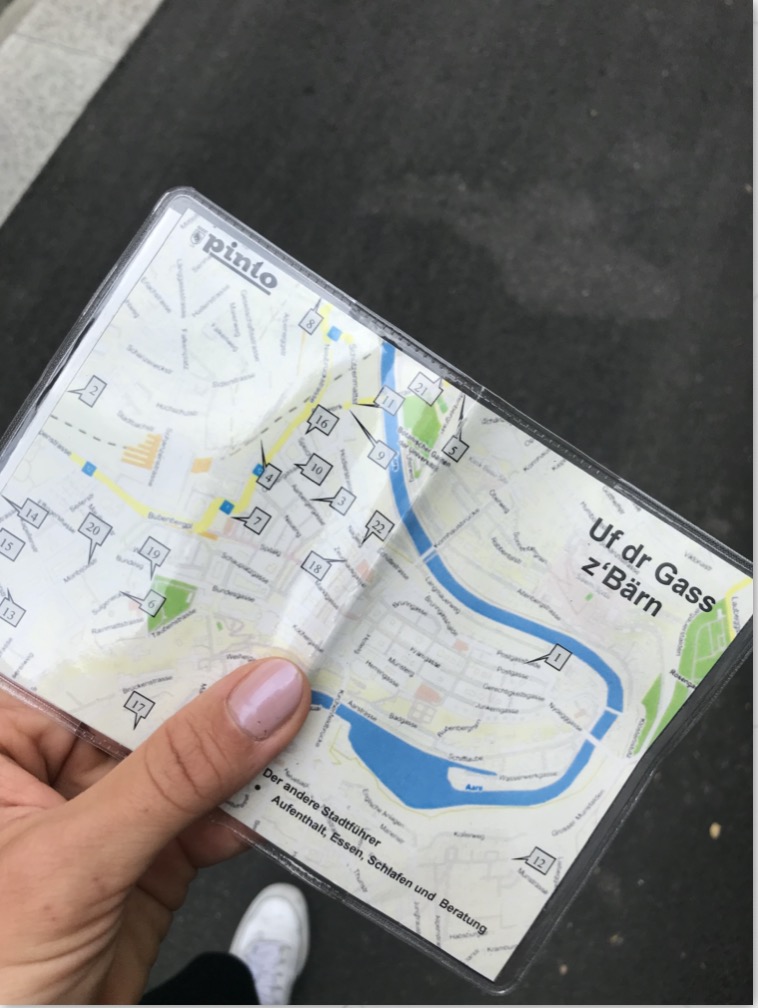
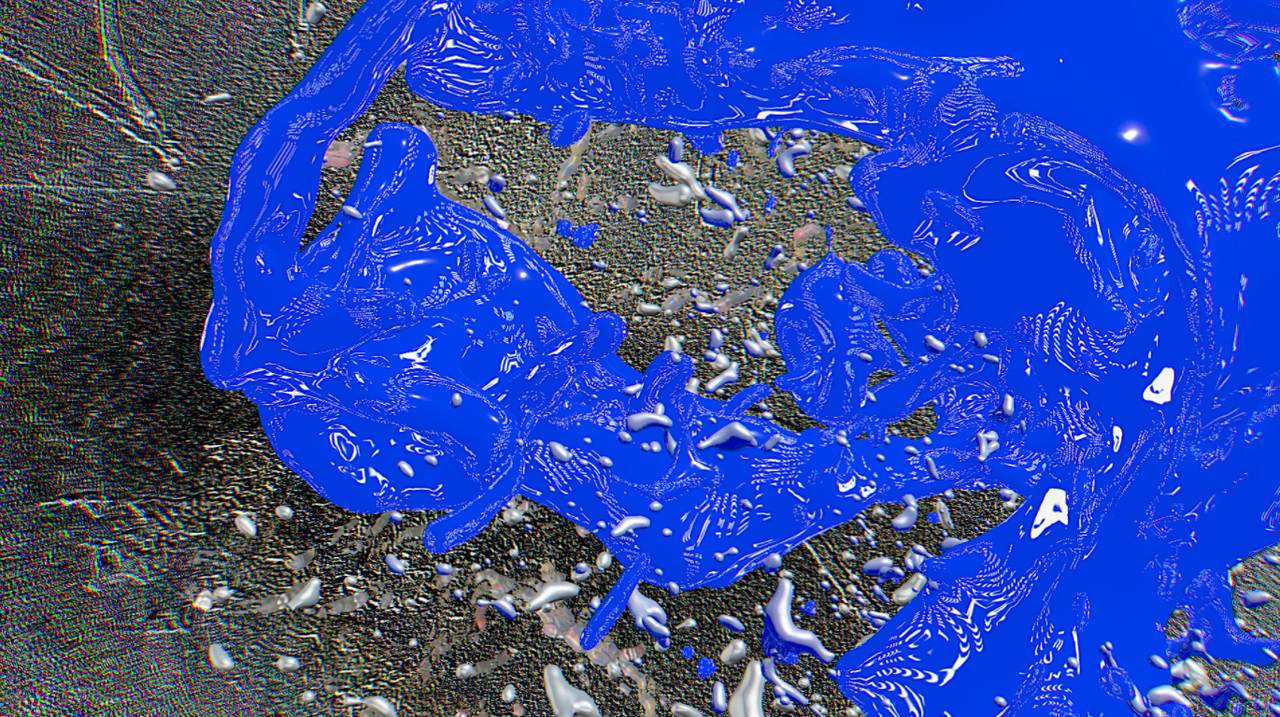

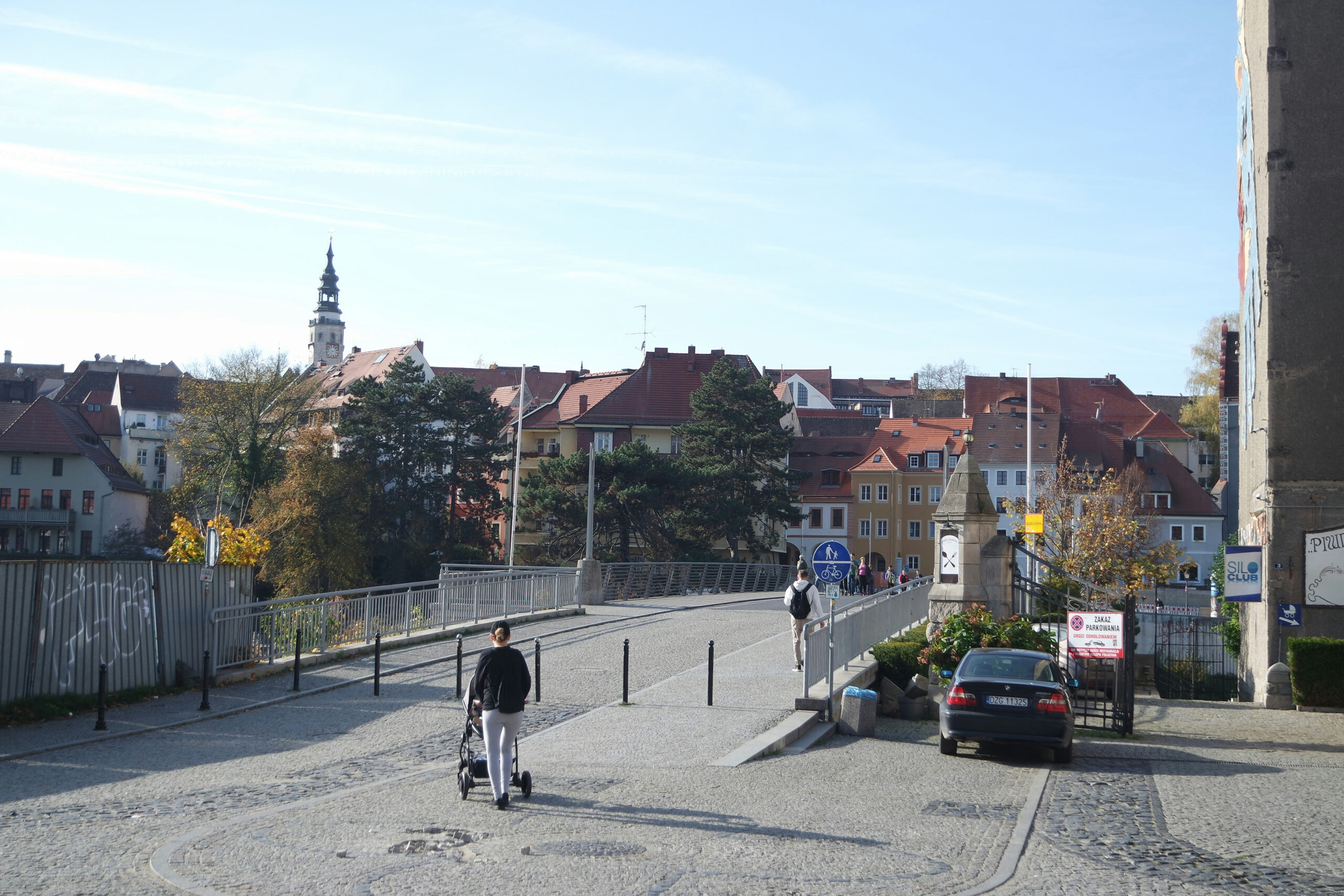
In this seminar, we have explored processes of de-/bordering and how they affect everyday lives for people on both sides of the border using the case of the border between Germany and Poland. The reintroduction of border checks in 2023 ended a long period of open borders under the Schengen Agreement. Students developed small empirical research projects to study the effects the rebordering has on those living and working in the border zone. They talked to students, passengers, activists, politicians and artists both in person during a field trip to Görlitz/Zgorzelec and via online interviews to understand how the border zone, border closures, right-wing politics, migration policies and environmental destruction shape the way they love, reproduce, care, raise and educate children.
As an alternative to traditional seminar work, students produced audio features that present their research findings and reflections in accessible, creative formats. We have selected the three best audio features and are happy to present them to you here:
Valeria Romang and Jan Hummel (2025) produced an audio feature exploring dating experiences along the German–Polish border. Based on street interviews in Görlitz and Zgorzelec as well as Tinder conversations, they examine how analogue and digital spaces shape dating encounters across borders. (German, Polish)
Marion Heiniger, Yuma Biner, and Vera Moser (2025) produced an audio feature that offers insights into the everyday life of a kindergarten in the German–Polish border region. Through conversations with educators, the piece explores how daily encounters in early childhood education can build bridges between languages and cultures. (Swiss German, German)
Flavia Sidler and Anel Buchser (2025) produced an audio feature that sheds light on women’s experiences in Poland in the context of restrictive abortion laws. It highlights the transnational work of the collective Ciocia Basia, which supports those affected and makes solidarity across borders audible. (German)
Aude Mettraux and Nubya Wyss (2025) produced an audio feature examining the role of abortion pills and activist networks in the Polish context. Drawing on expert interviews, the piece offers insights into the political and social dimensions of reproductive rights that transcend national borders. (German, Polish)